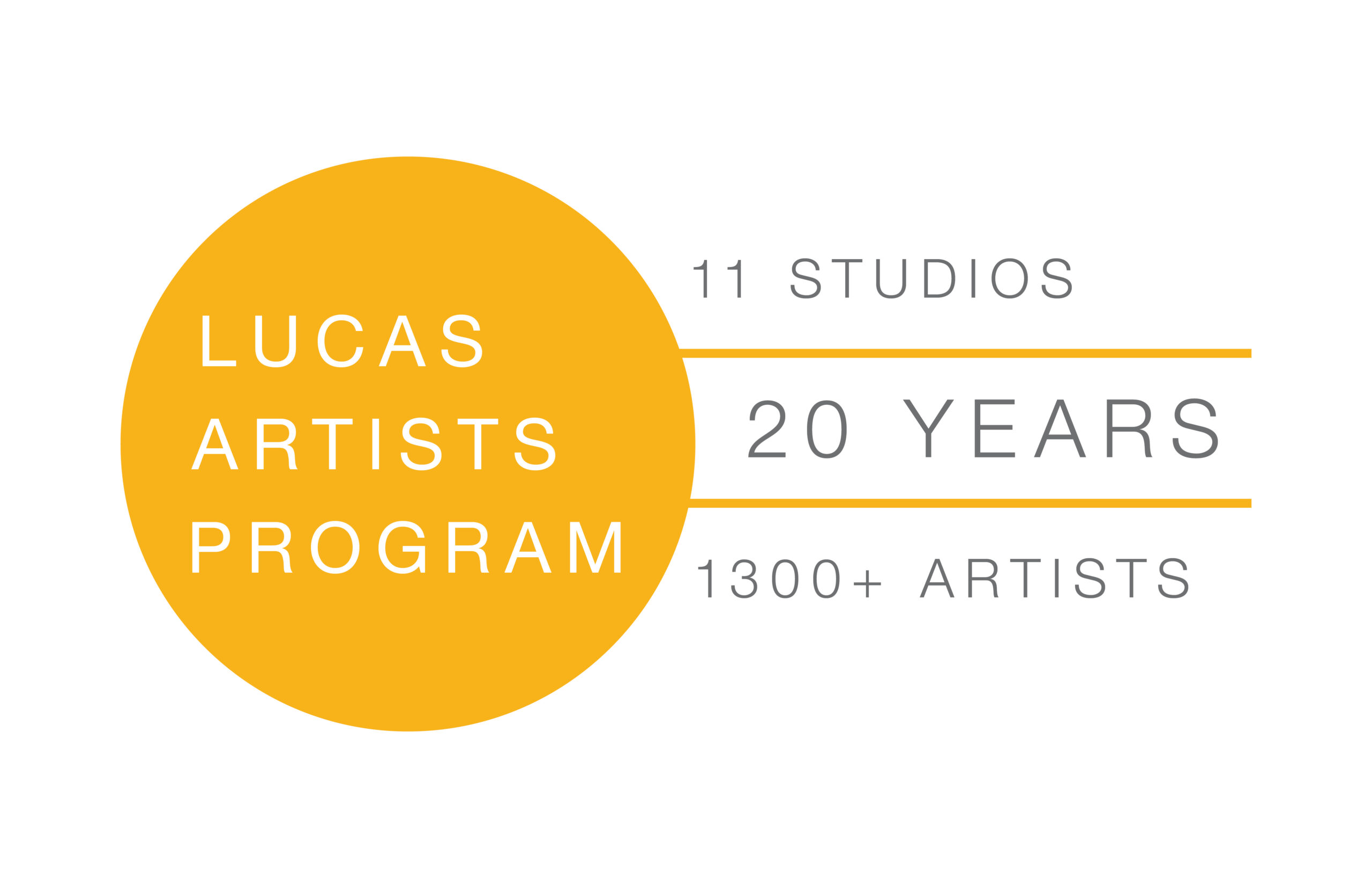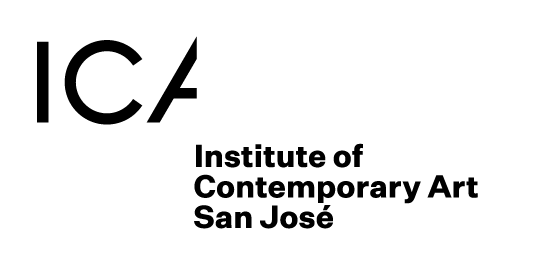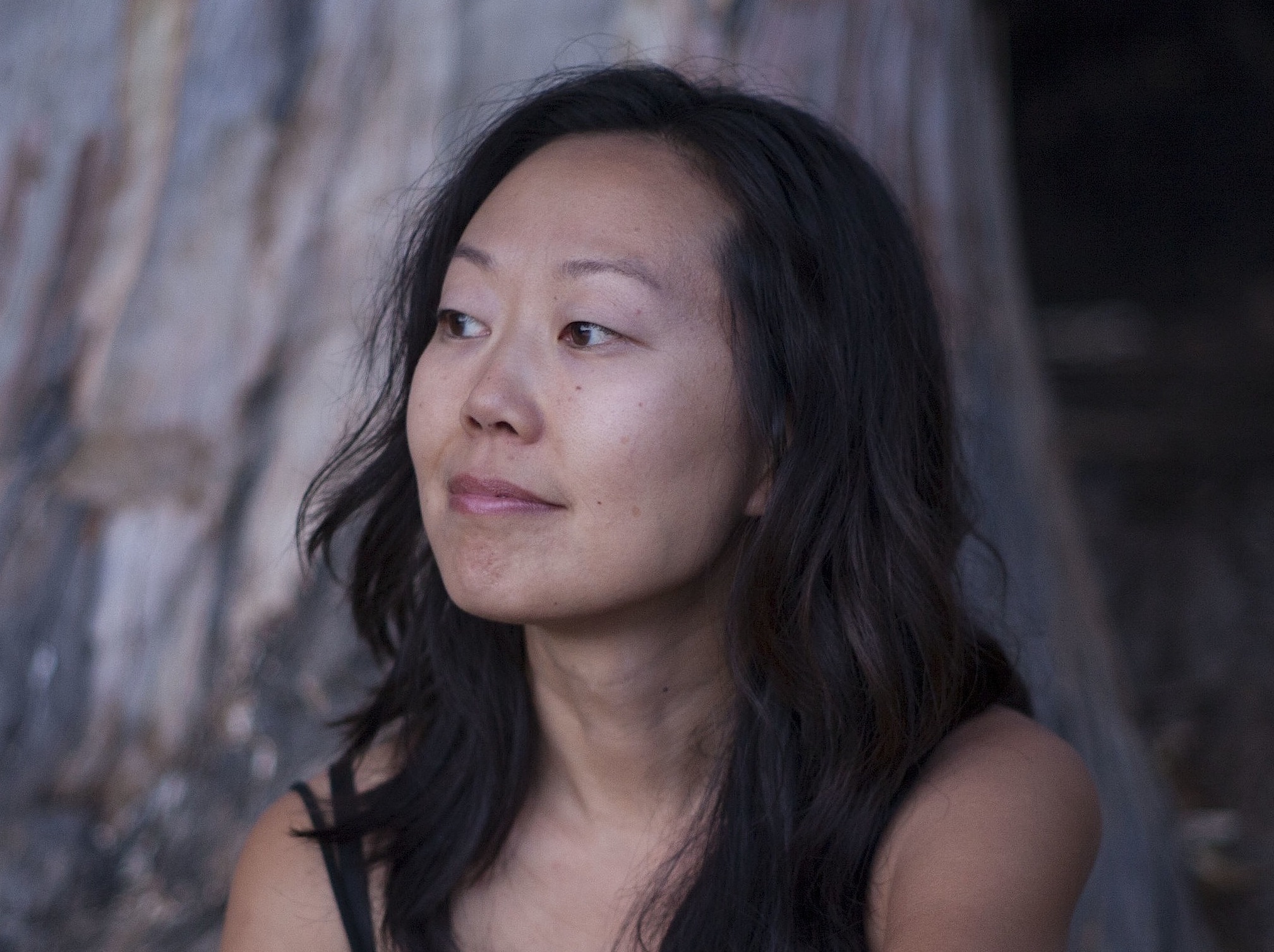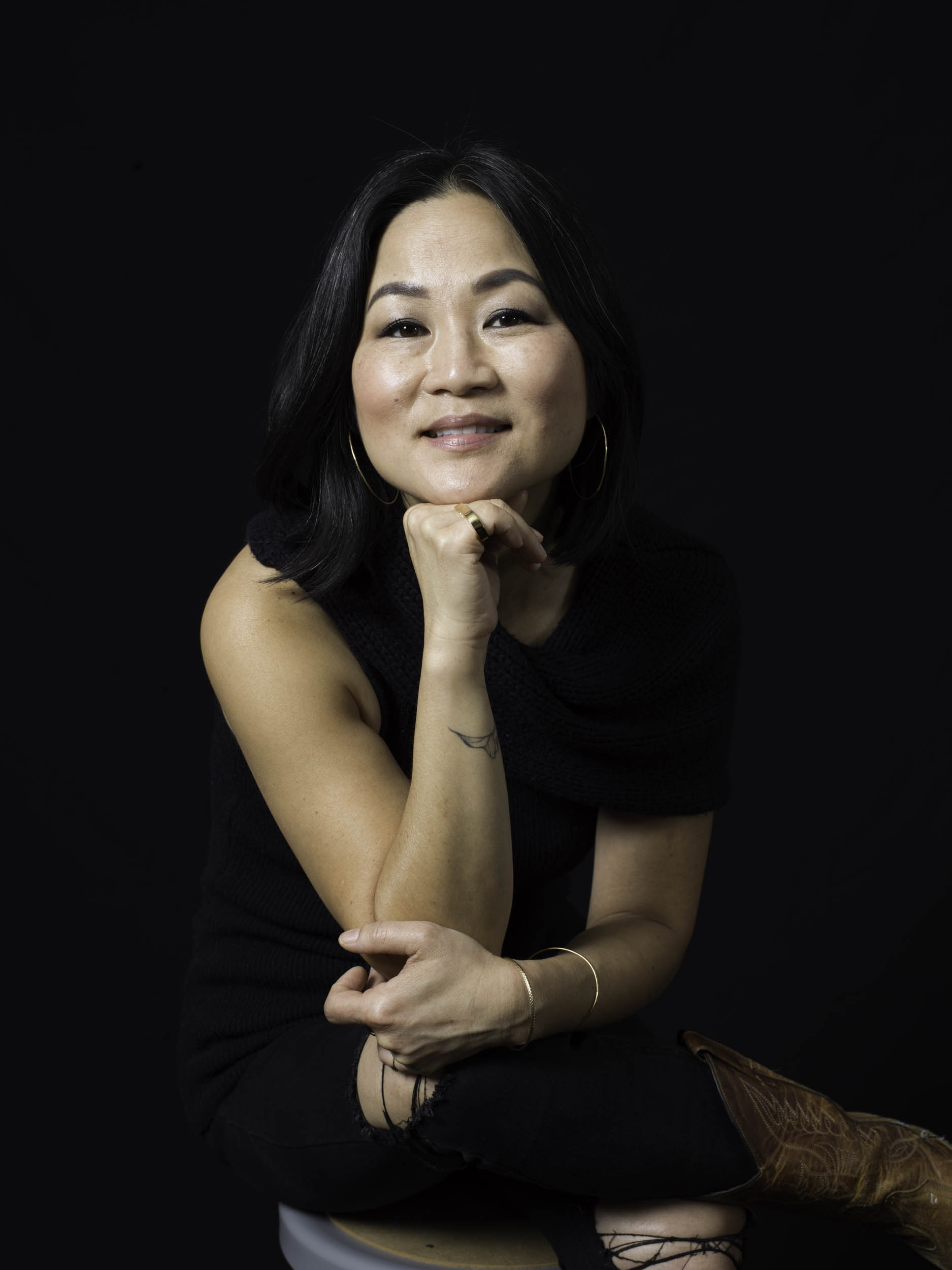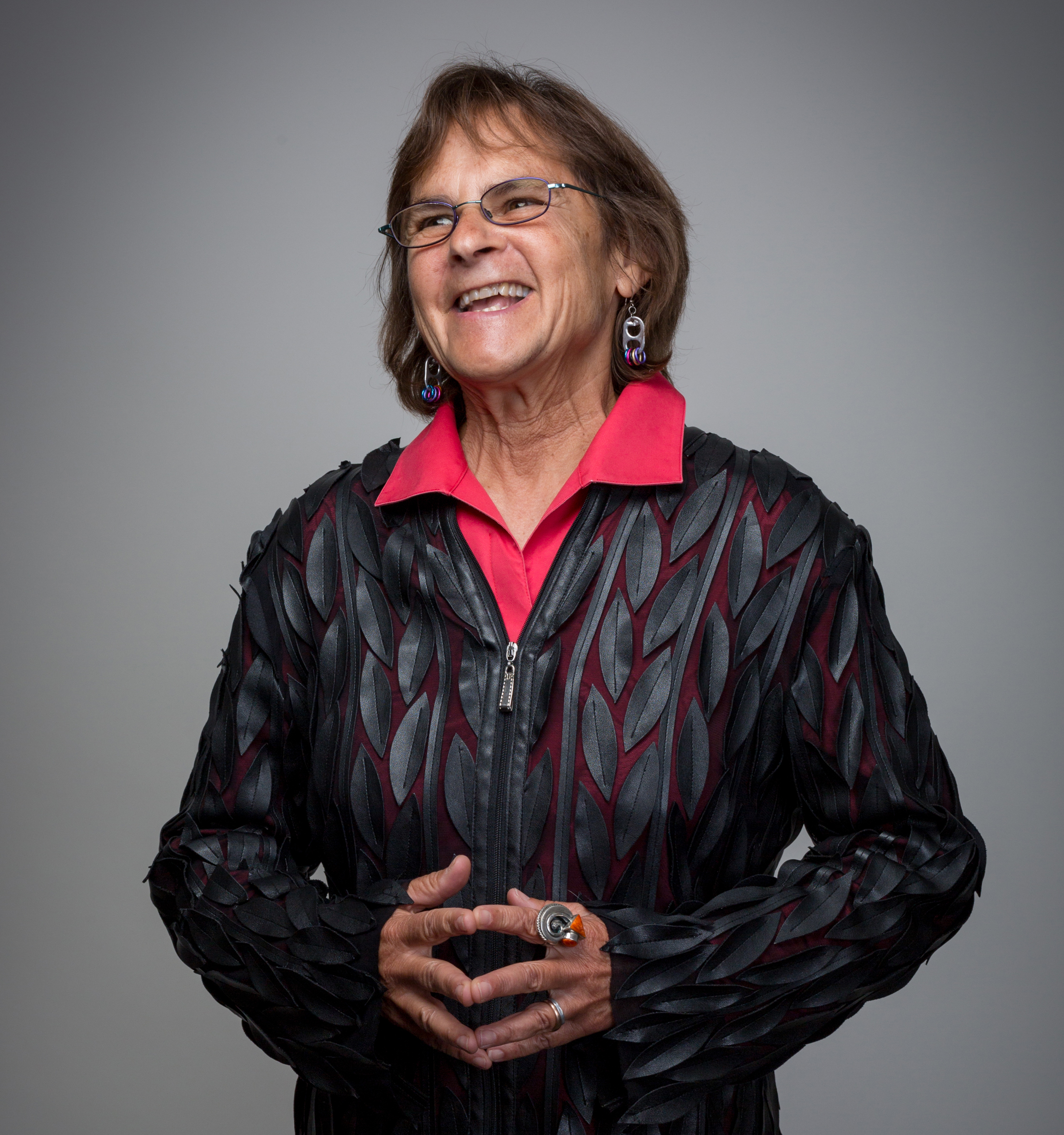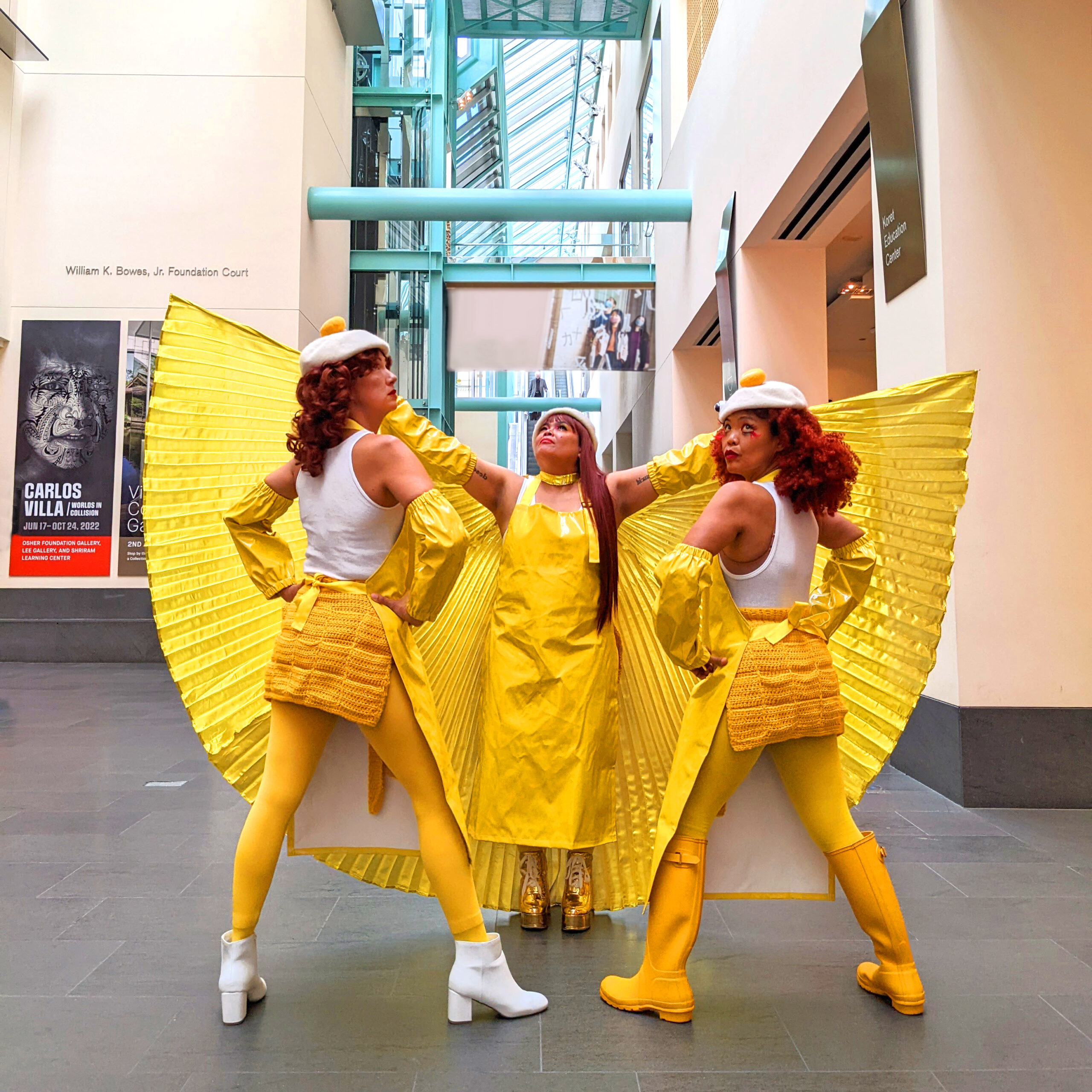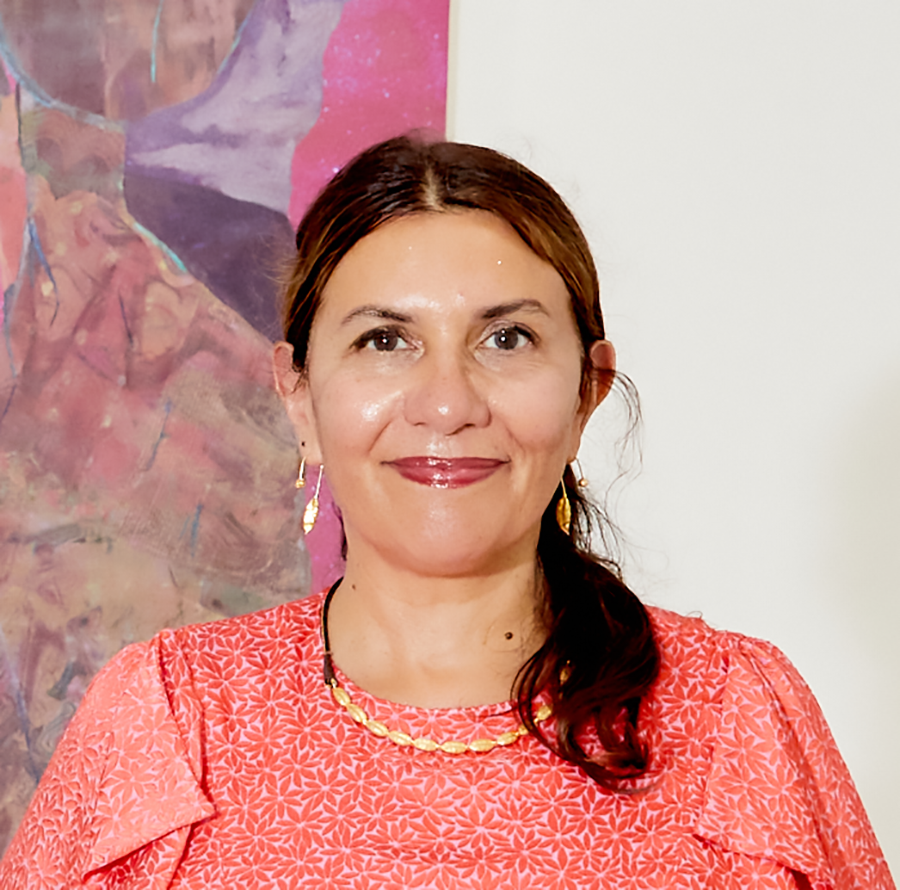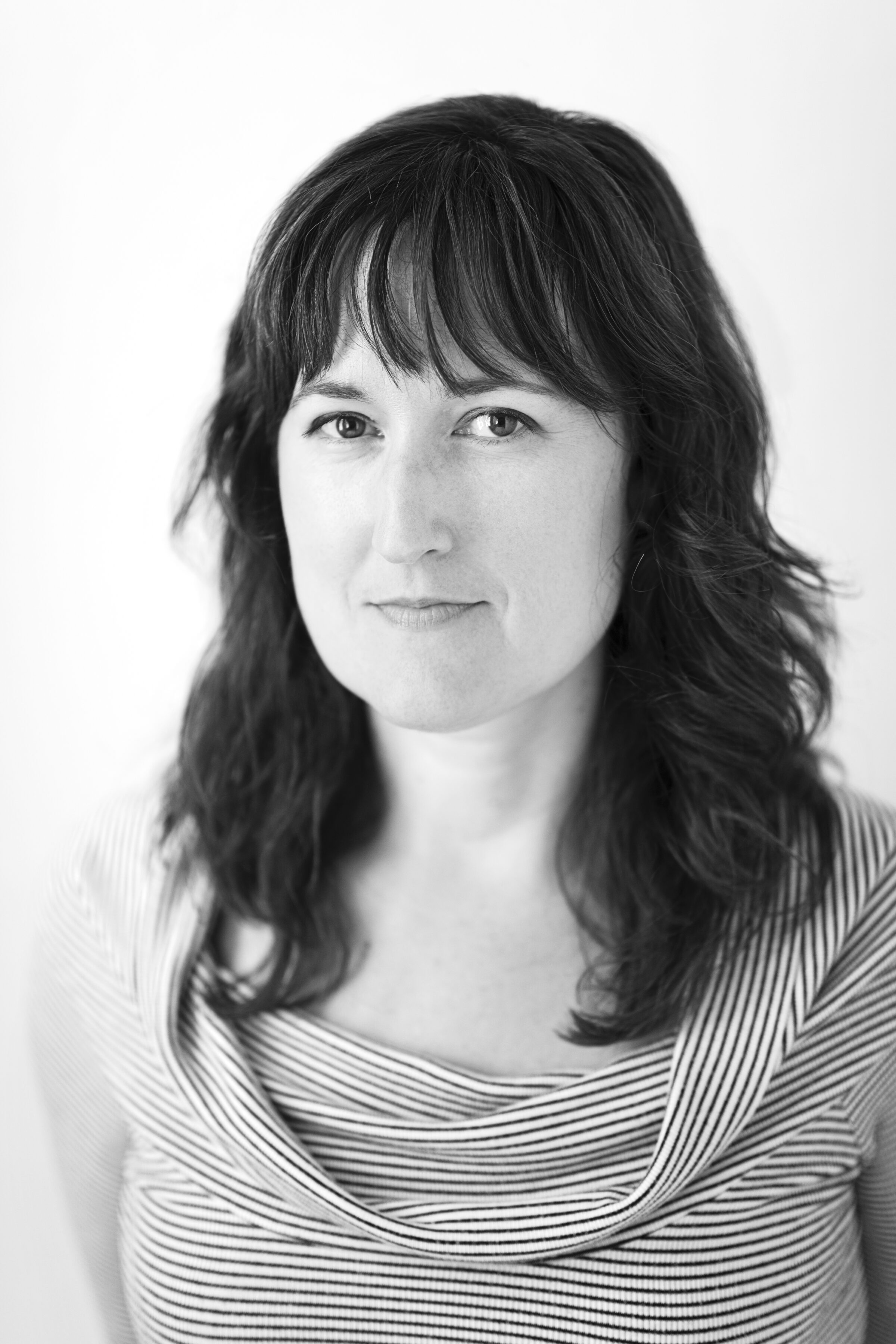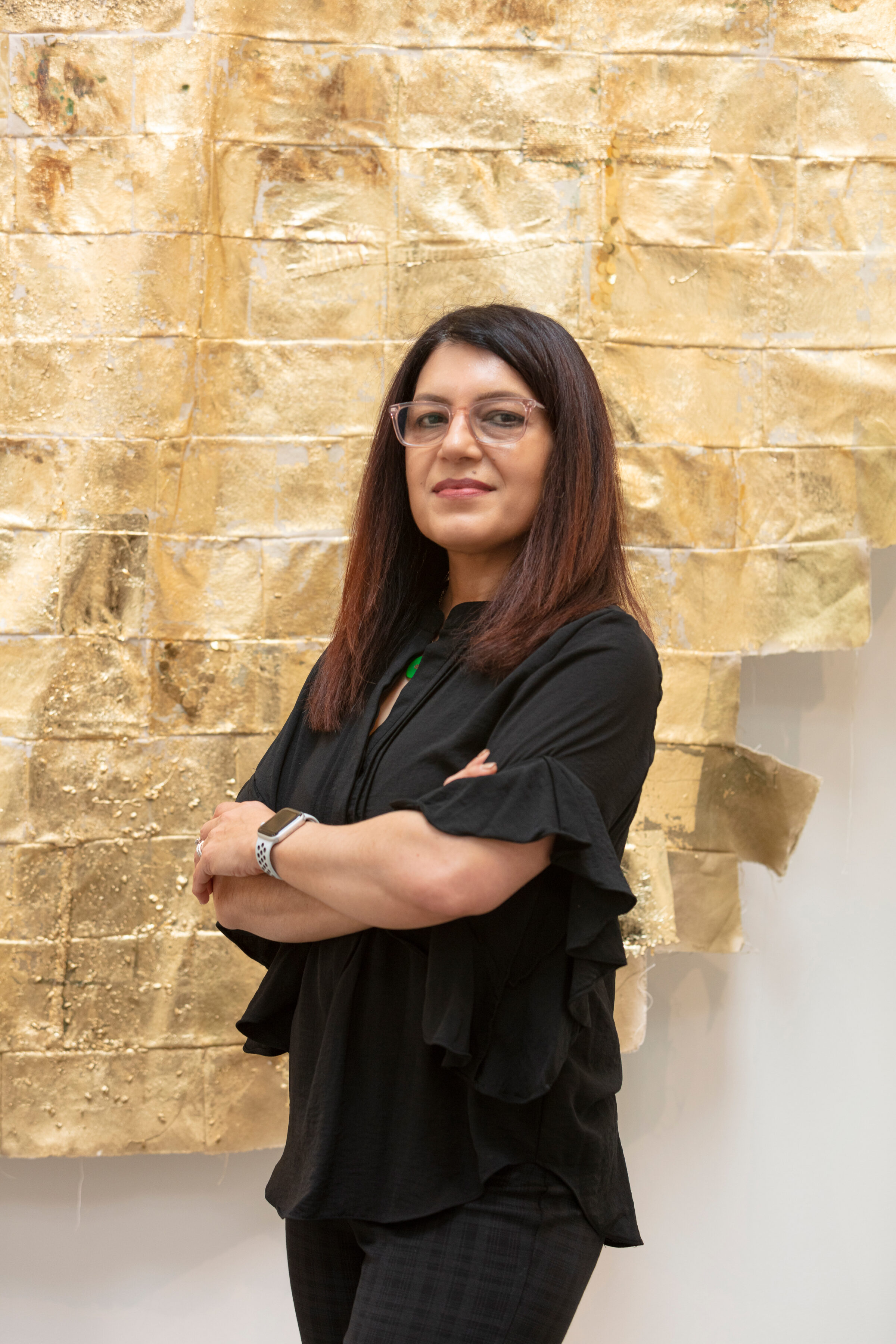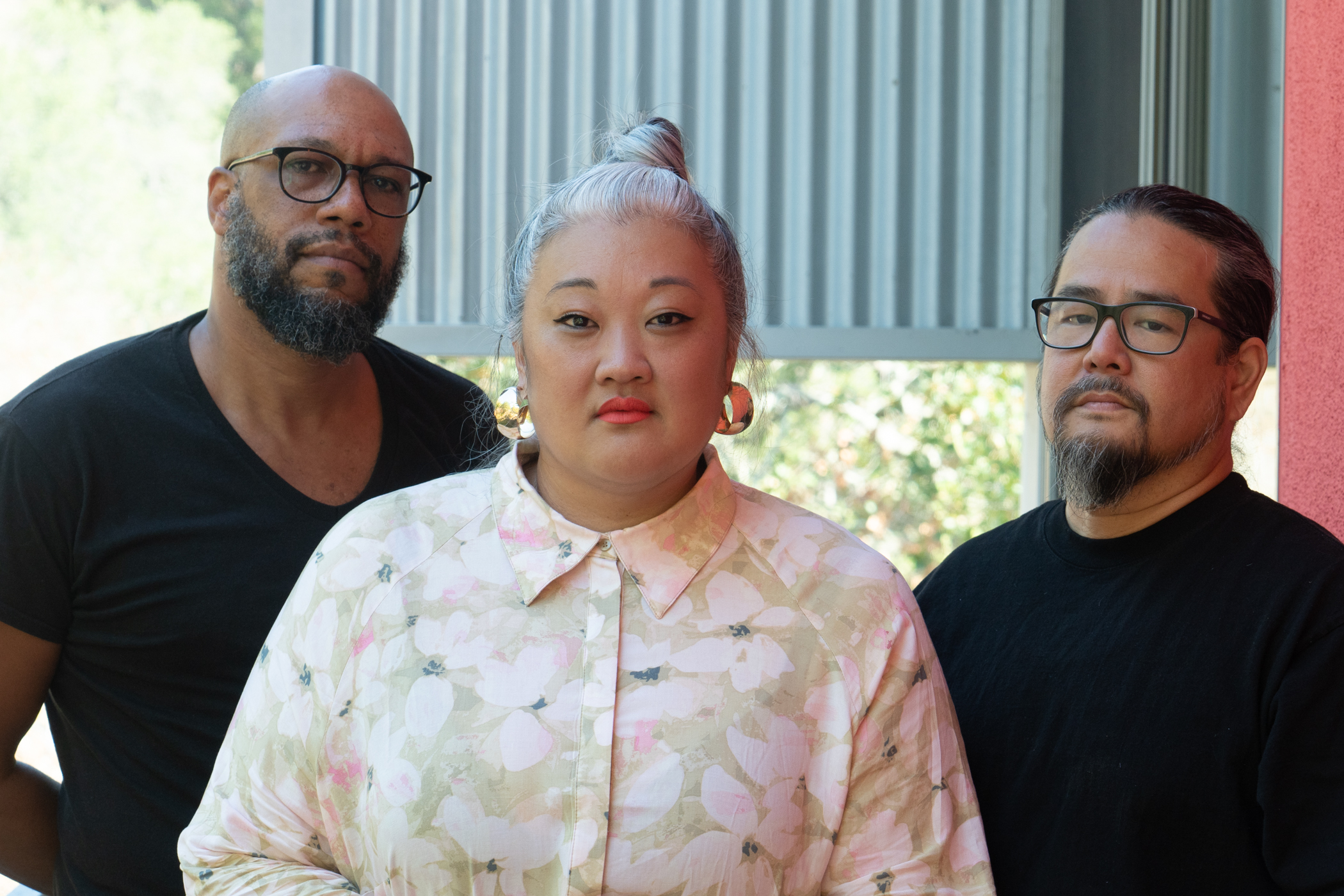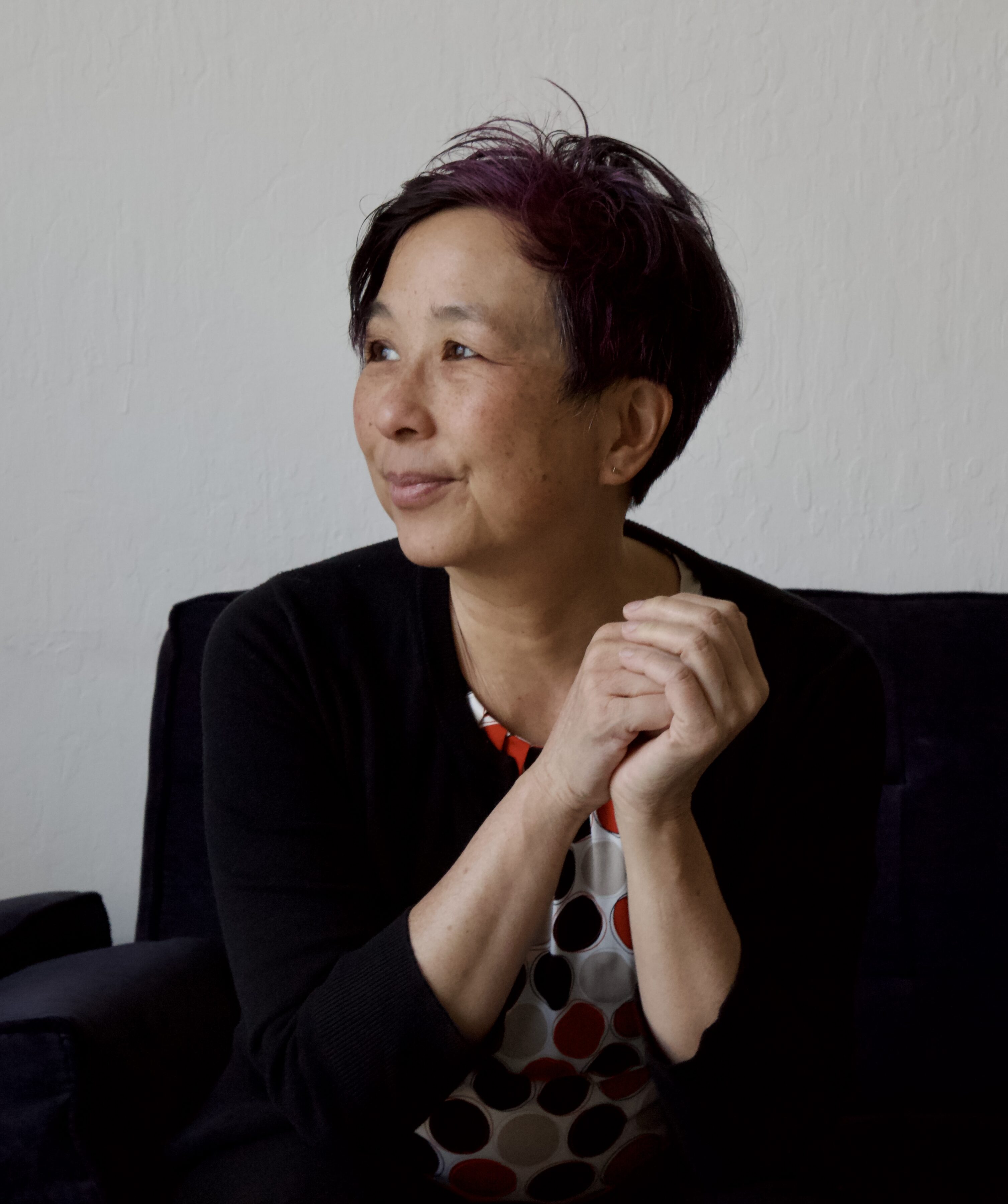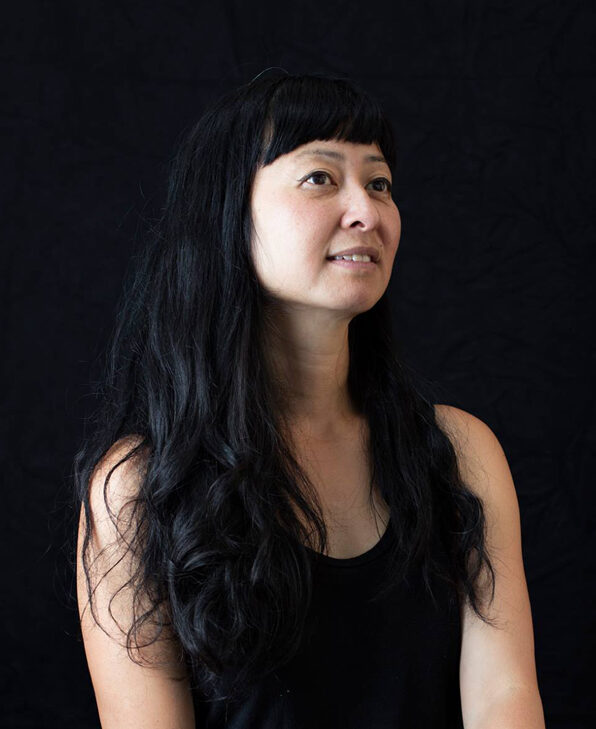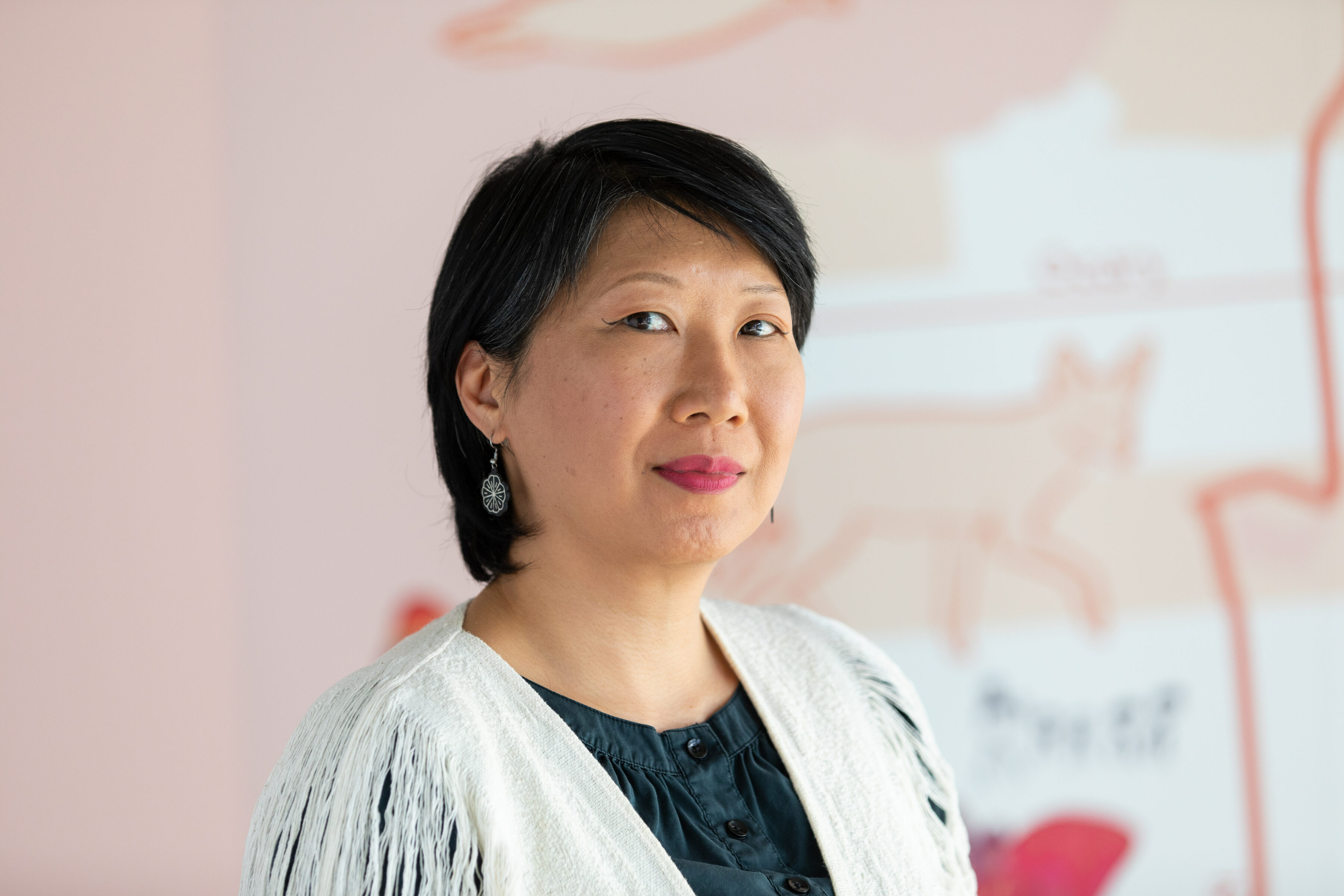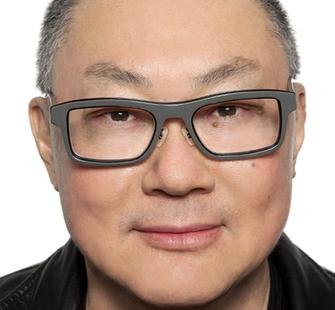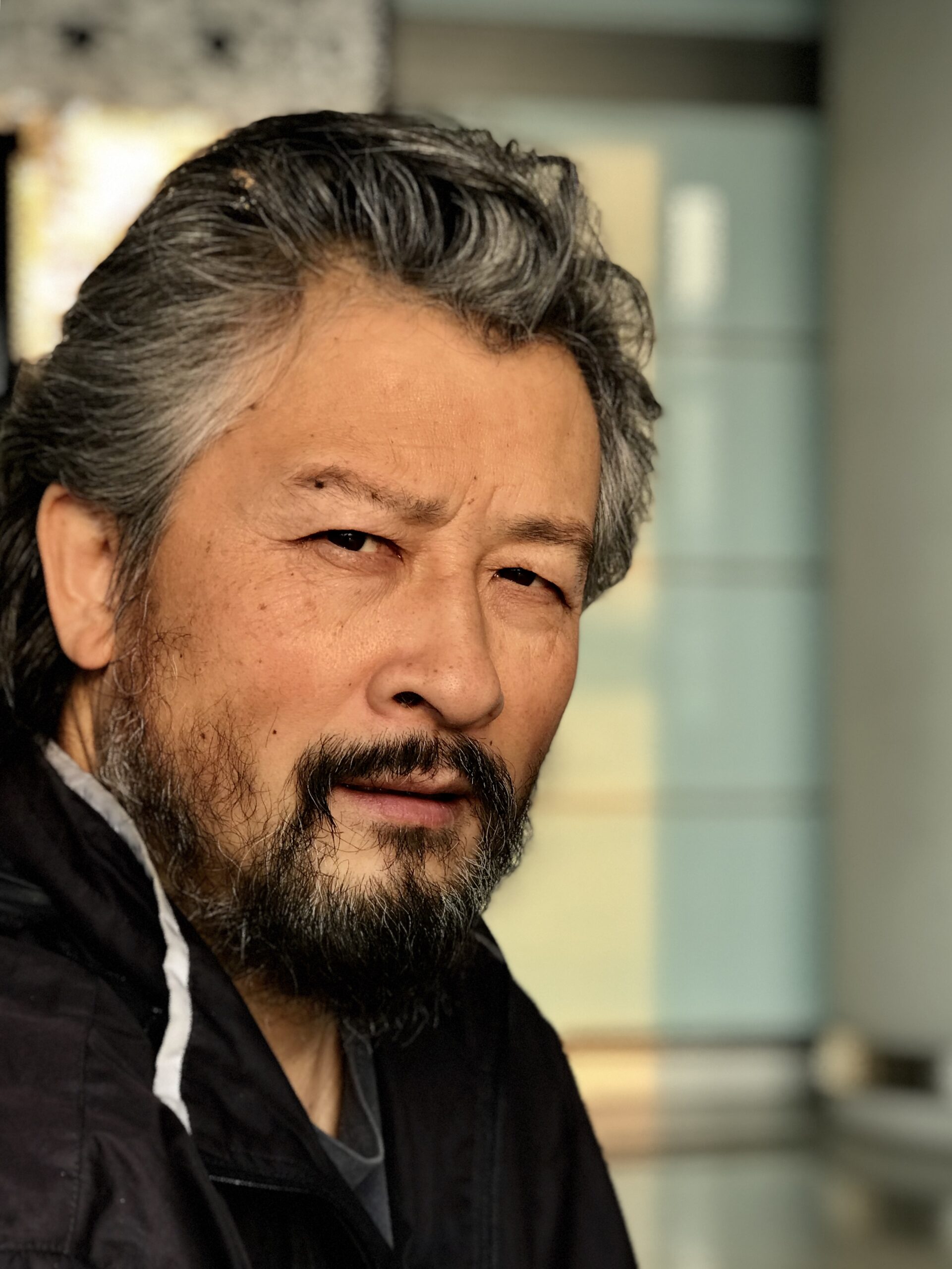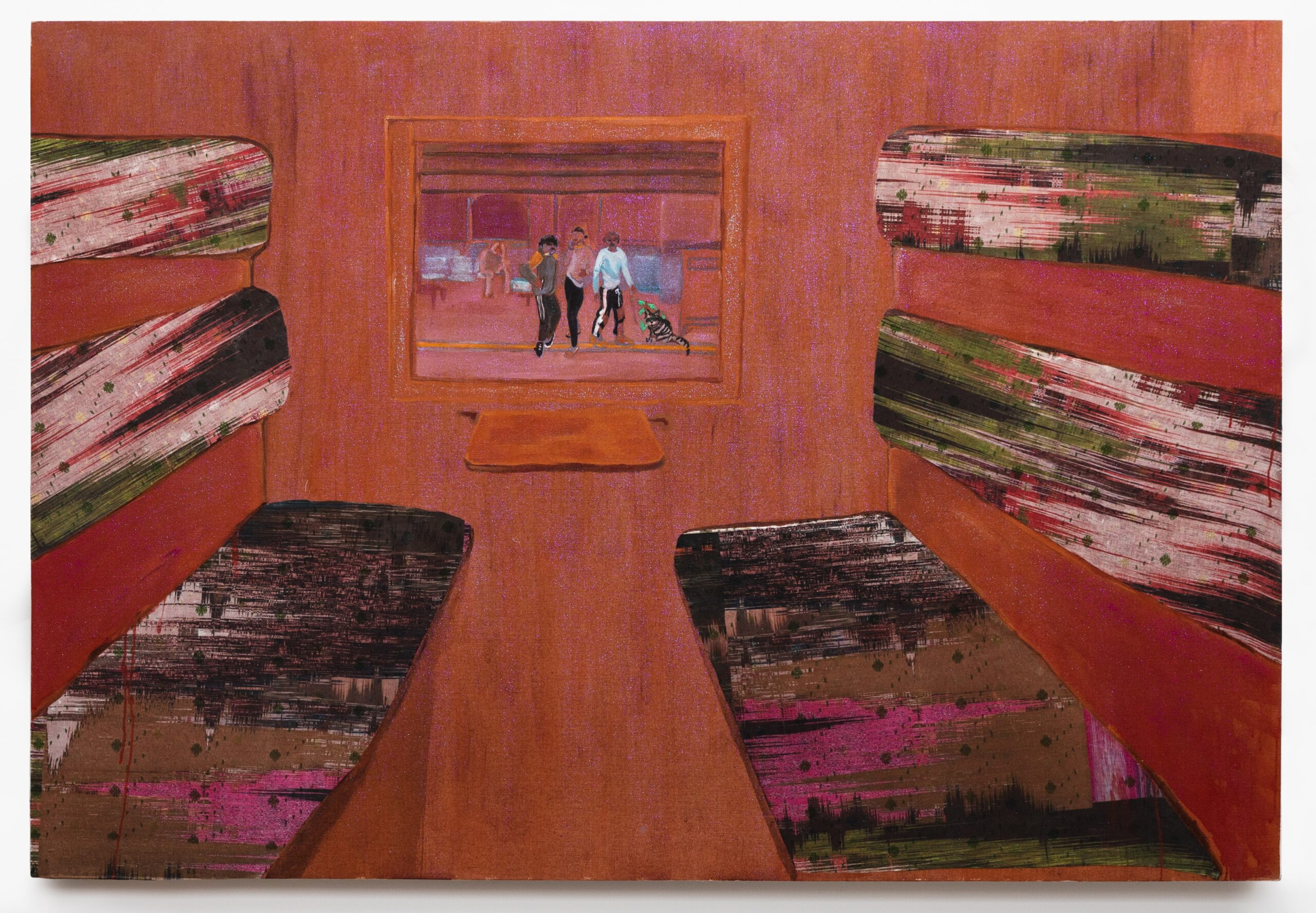

P L A C E
Reckonings by Asian American Artists
On View
March 23–August 11, 2024
Institute of Contemporary Art San José
560 S. 1st Street, San Jose
About the Exhibition
The ICA San José and Montalvo Arts Center jointly present an exhibition that opens on March 23 and runs through August 11, 2024, entitled P L A C E: Reckonings by Asian American Artists.
Selected for their powerful voices, all of the participating artists have been artists-in-residence of the Lucas Artists Program at Montalvo Arts Center. Villa Montalvo was the former home of California Senator James Duval Phelan who is remembered for his nativist and racist politics, especially his virulent opposition to Chinese and Japanese immigrants, and his active endorsement of multiple Asian exclusion acts. This exhibition intends to honor and uplift the diverse voices of contemporary artists of East Asian, Southeast Asian, South Asian, and Pacific Islander ancestries who have had to contend with this racist history. Each artist in the show considers their complex relationship and their own agency in association with the spaces that they have inhabited, embedded with histories of exclusion or violence, and how this in turn affects, challenges, transforms, or inspires their artistic practice.
The exhibition featuring installations, paintings, photographs, and videos is organized into three parts. In the first section, some artists examine the physical, mental, and emotional toll of migrating or immigrating to a new country and consider what it means to be an “American.” Adrienne Pao and Robin Lasser consider the effects of authority and surveillance at the U.S.–Mexican border as deliberate barriers to prevent migration and illegal immigration. Migrants crossing this border increasingly include people from China; in the past year, there were more than 24,000. Phung Huynh approaches her family’s history as refugees from Vietnam and Cambodia to uncover the complex layers of displacement and cultural assimilation. Her journey in becoming an American is one in which she refuses to adopt an identity that presumes English is the first language and whiteness is the cultural norm.
Other artists explore what it means to claim one’s identity as a member of a dynamic diasporic community melding American influences with the rich cultural traditions of their ancestral countries. Ranu Mukherjee employs the use of sari materials, and images of animals, flowers, people, and trains in India to address topics such as migration, transformation, and our changing environment. Wanxin Zhang explores the convergence of Chinese and American cultures, delving into social-political and personal experiences. He considers the wide-ranging effects of cross-border trade in goods and services, technology, and flows of investment, people, and information. Filipina-American artist trio Mail Order Brides (Eliza Barrios, Reanne Estrada, and Jenifer Wofford) pay homage to their mentor, artist Carlos Villa, who sought to decolonize the art world by fearlessly exploring his Filipino ancestry and its connection with non-Western cultures and rituals. Namita Paul’s work underscores the idea that home is a place that is carried in our personal and collective memories long after our departure.
In the second section, artists respond to racial discrimination and transgressions against Asian American communities, the exploitation of Asian American labor, and provide critical commentary on the sources of racial violence against Asian Americans. Related Tactics, an artist collective led by Michele Carlson, Weston Teruya, and Nate Watson, examines the often unacknowledged history of the approximately 12,000 Chinese railroad laborers who were used as cheap and disposable labor in building our nation and creating wealth for very few Americans. They were later discriminated against and violently expelled when they were perceived as taking jobs away from white workers. Bruce Yonemoto provides a parallel commentary on the development of Silicon Valley as the “modern Gold Rush” which has contributed to ending the livelihoods of many Japanese American growers in the Valley of Heart’s Delight.
Continuing this thread, additional works explore what it means to be met as an equal member of our increasingly diverse society by eliminating the othering of people with different identities. Stephanie Syjuco probes what it means to be a “citizen” in this nation, including the right to be represented and to protest. Her work explores resistance, especially by those who may have vulnerable identities such as being female, queer, of color, or undocumented. Valerie Soe shines a light on the othering of Asians through the erasure of individual Asian identities and the dangerous promotion of stereotypes. Christy Chan challenges the persistence of white supremacy by making it visible. In this exhibition, she takes aim at white fragility as a means of pulling at a thread that could unravel the existing white supremacist hierarchy.
The exhibition concludes with Christine Wong Yap who shares perspectives on belonging gathered from Asian Pacific Americans and other immigrants in her recent social practice projects spanning community engagement, cross-cultural bridging, participatory research, drawings, textiles, publications, and public art. An interactive space is provided for the public to contribute their reflections on belonging and community care.
Curators of the exhibition: Judy Koong Dennis and Zoë Latzer
Special acknowledgement: We wish to acknowledge and thank poet and writer Cathy Park Hong for providing the inspiration for the exhibition title from her book Minor Feelings: An Asian American Reckoning.
Read the full press release here.
Related Programming:
Sunday, August 11, 11am–4pm
Carriage House Theatre at Montalvo Arts Center
Box lunches are available to order when you purchase your ticket. Deadline for lunch orders is Wednesday, August 7. You are also welcome to bring your own picnic.
P L A C E Closing Symposium
Thursday, June 27, 7pm
Carriage House Theatre at Montalvo Arts Center
Reckonings in Film: TT Takemoto and Genevieve Quick in conversation with Abby Chen
Works On View
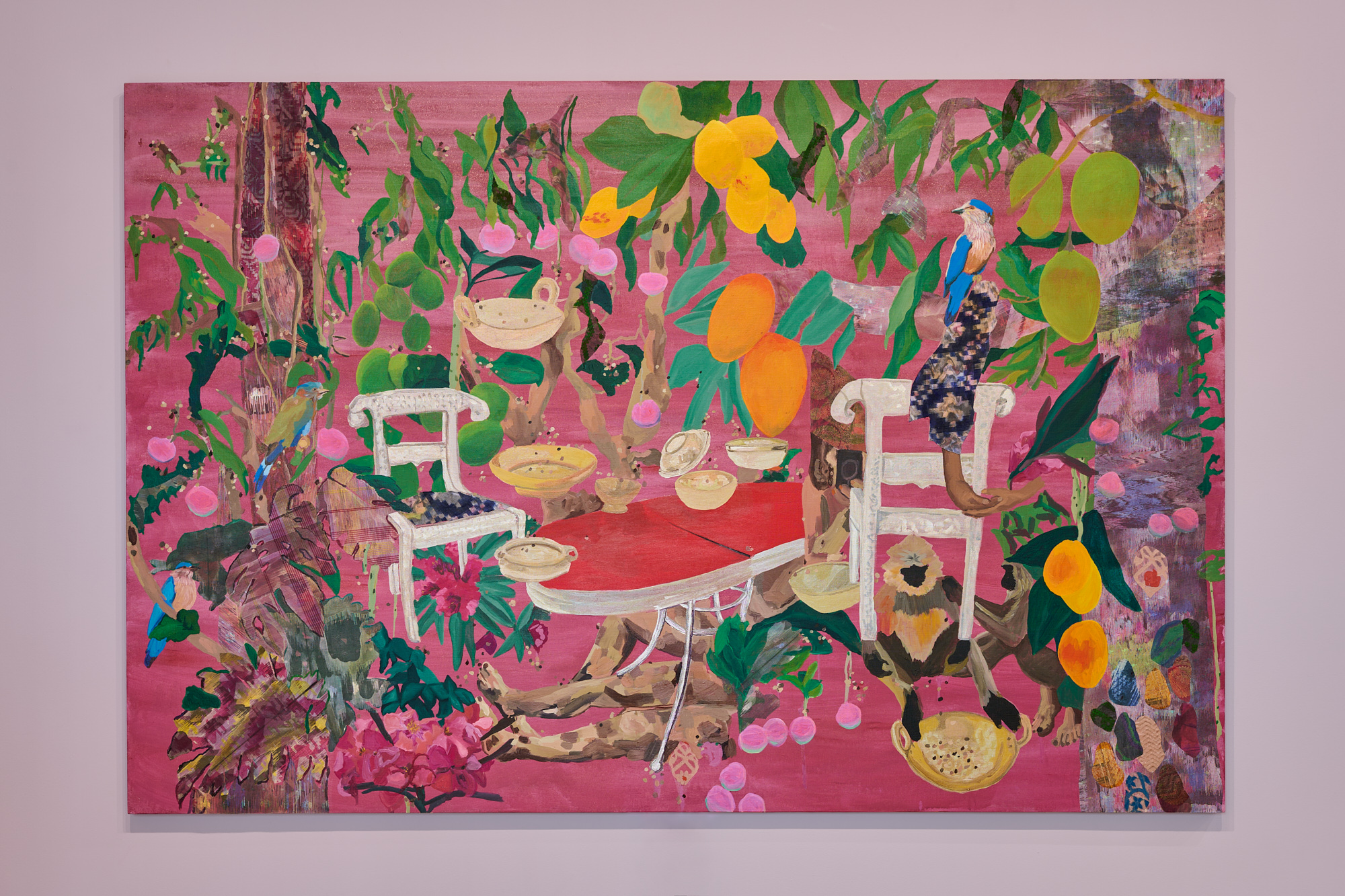
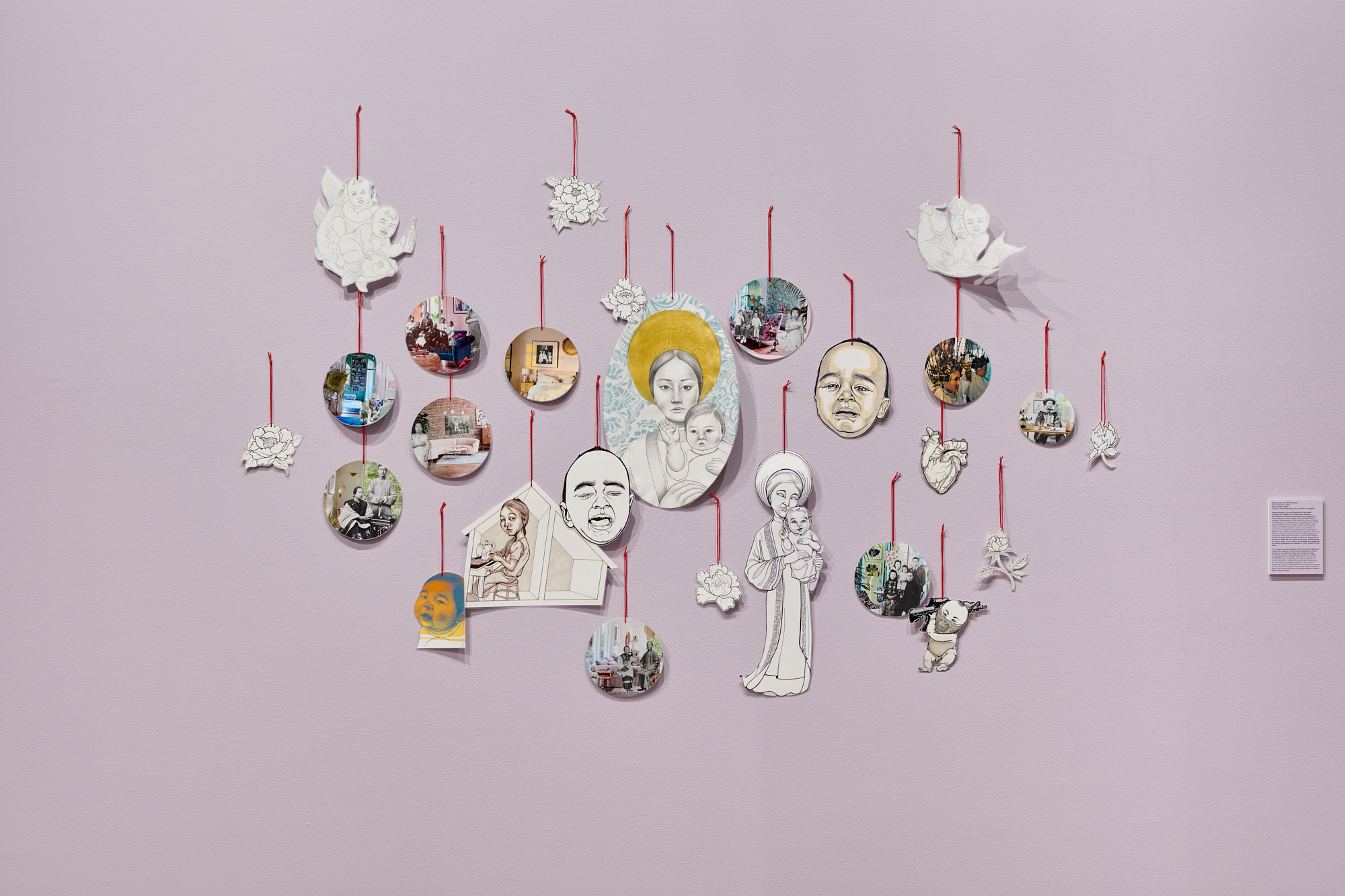
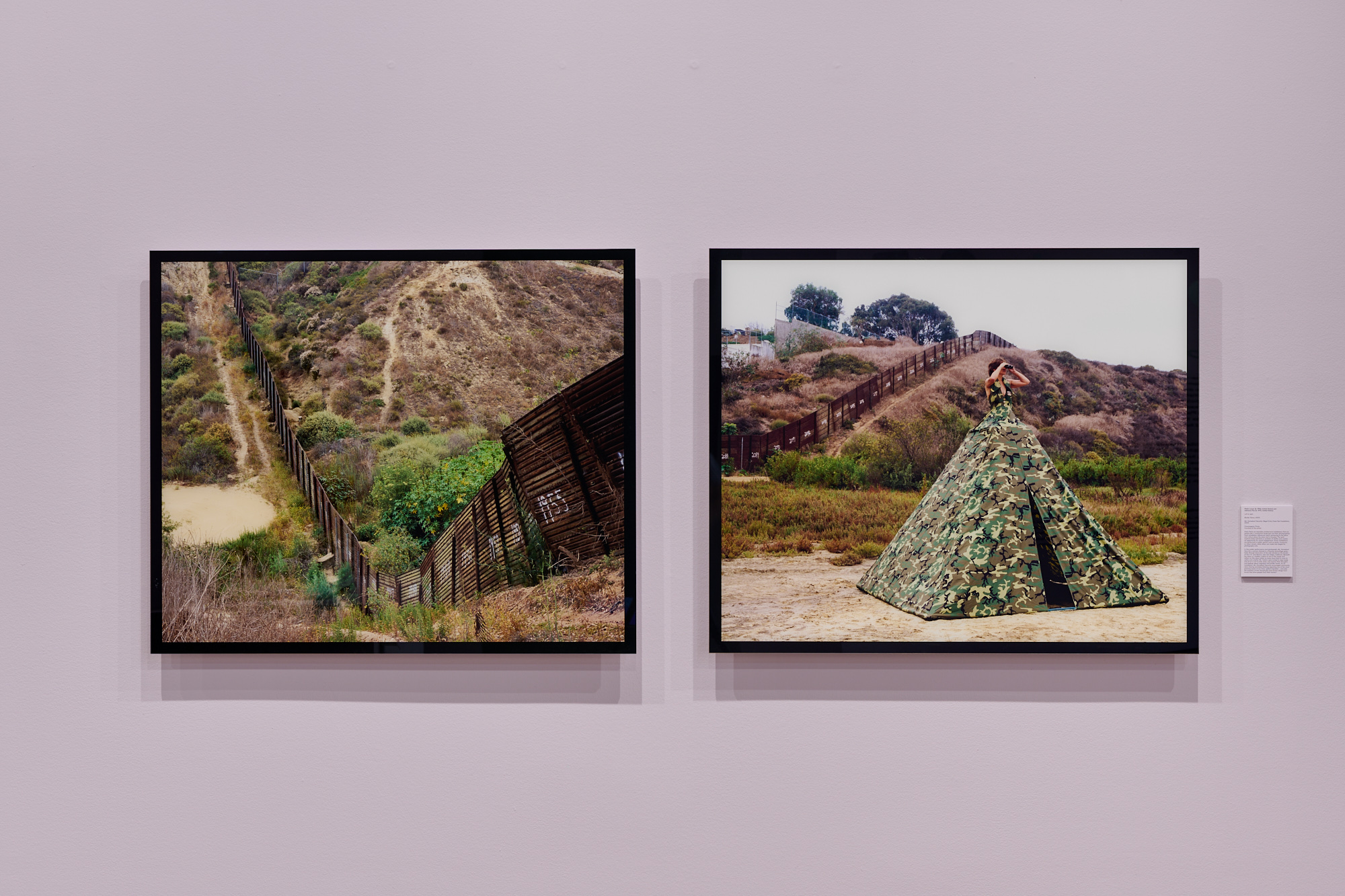
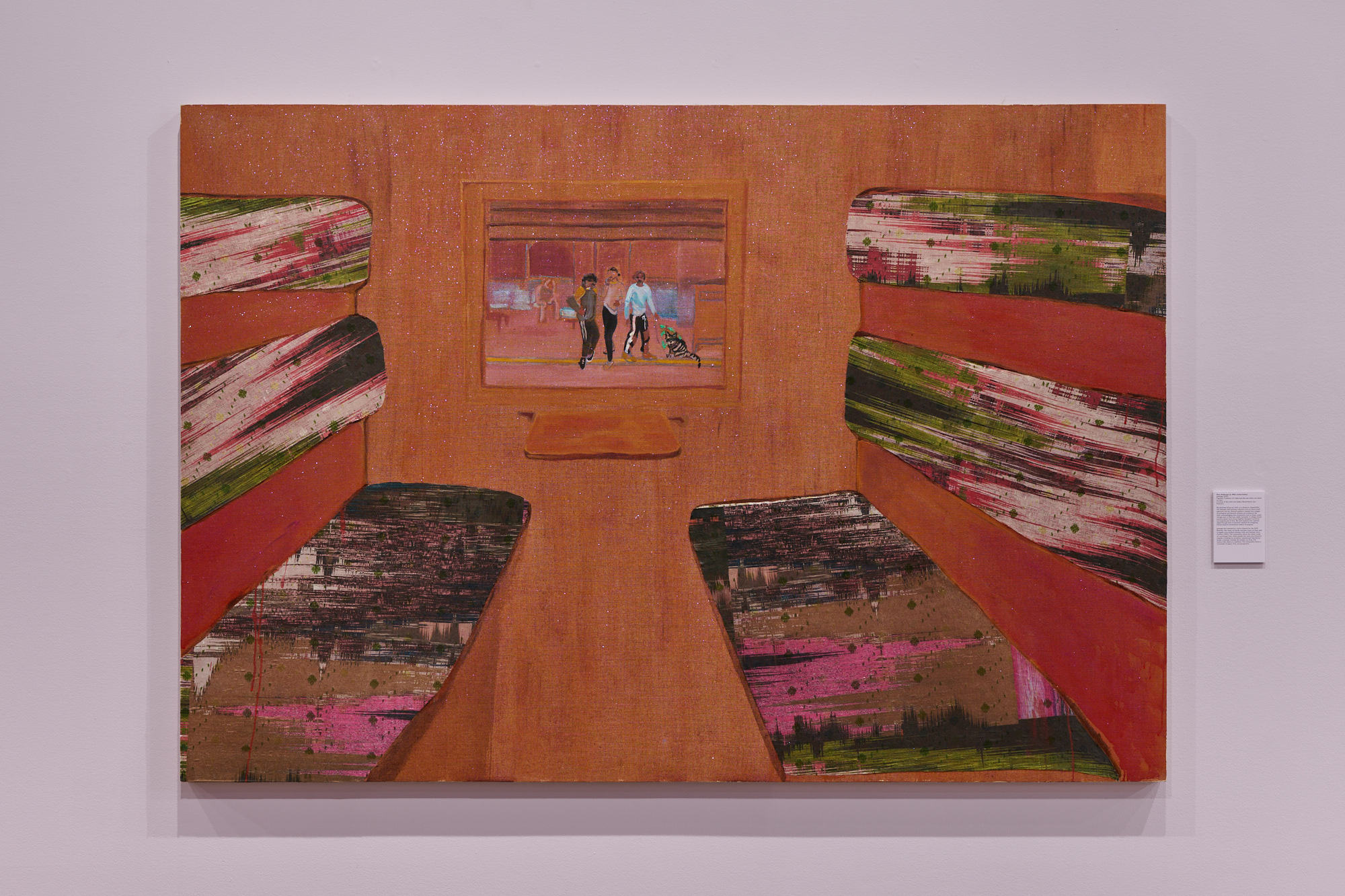
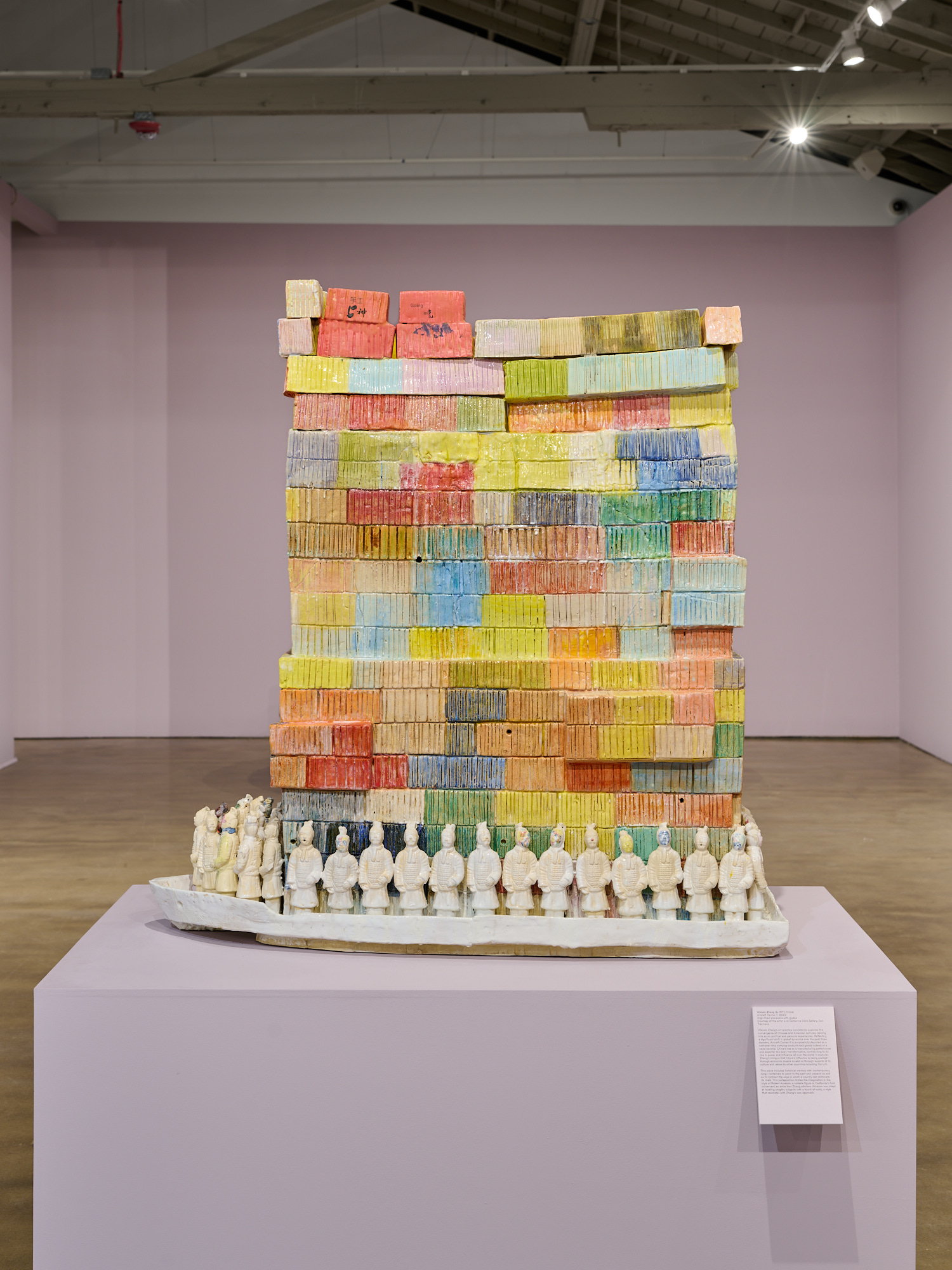
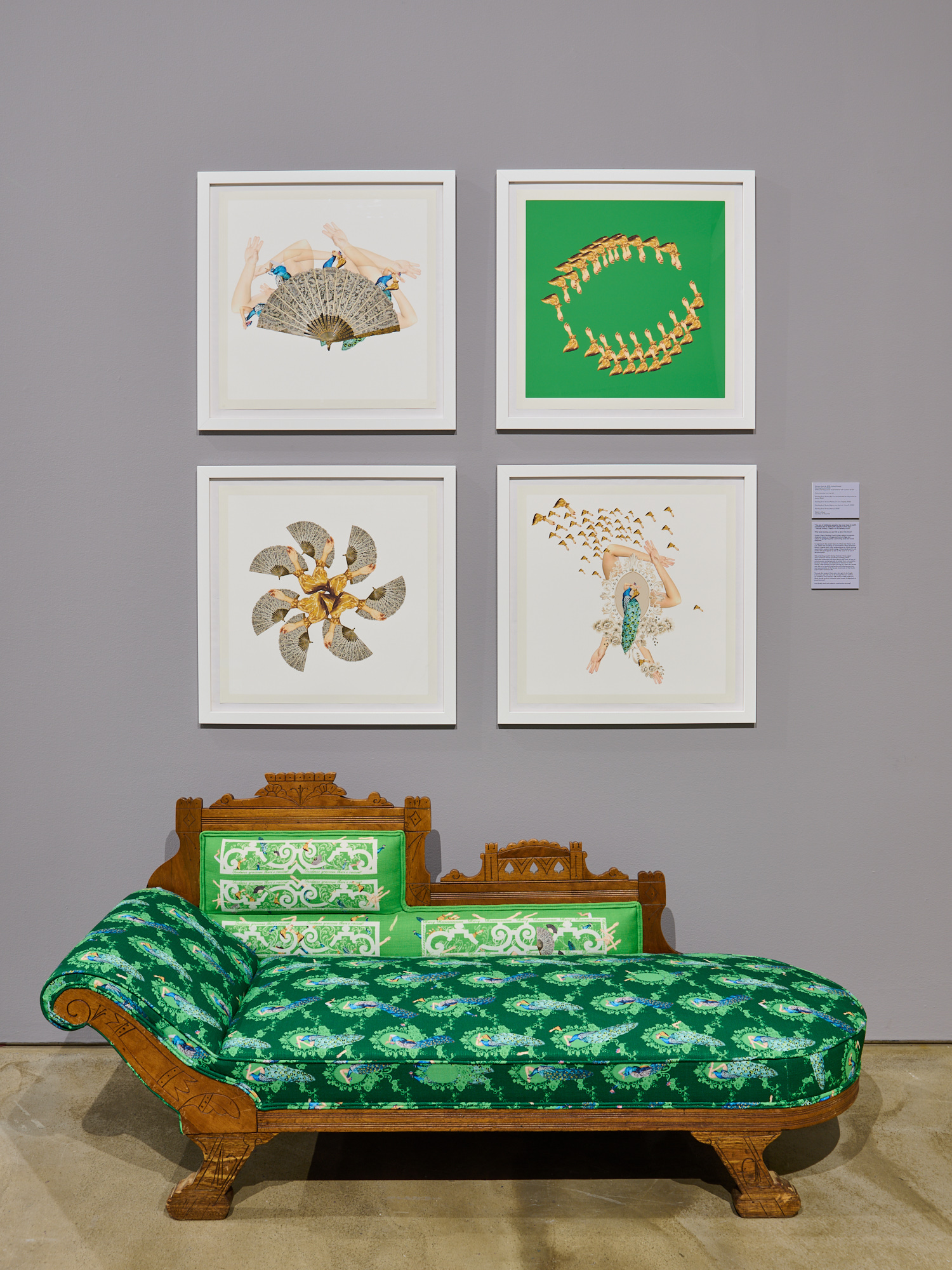
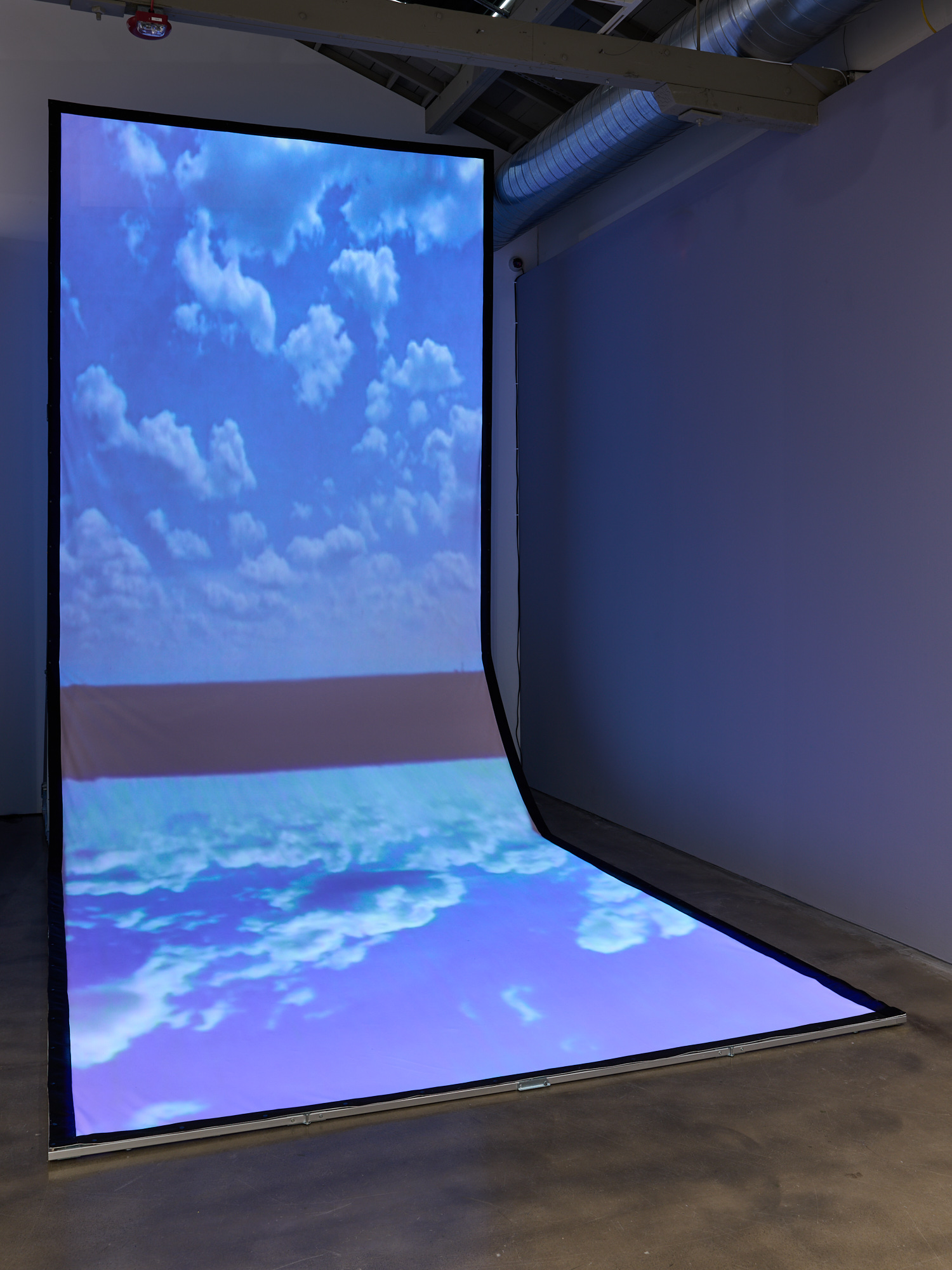
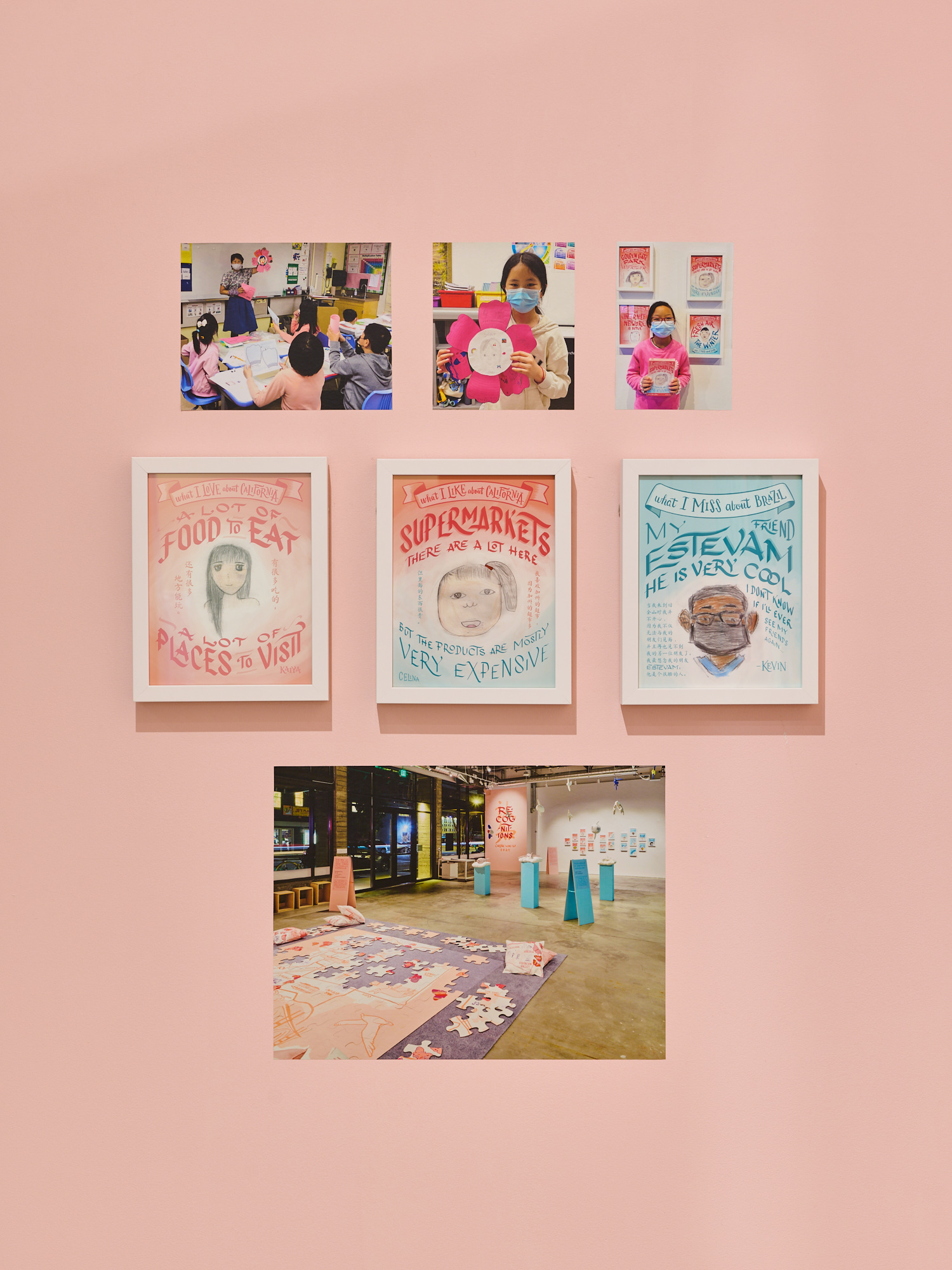
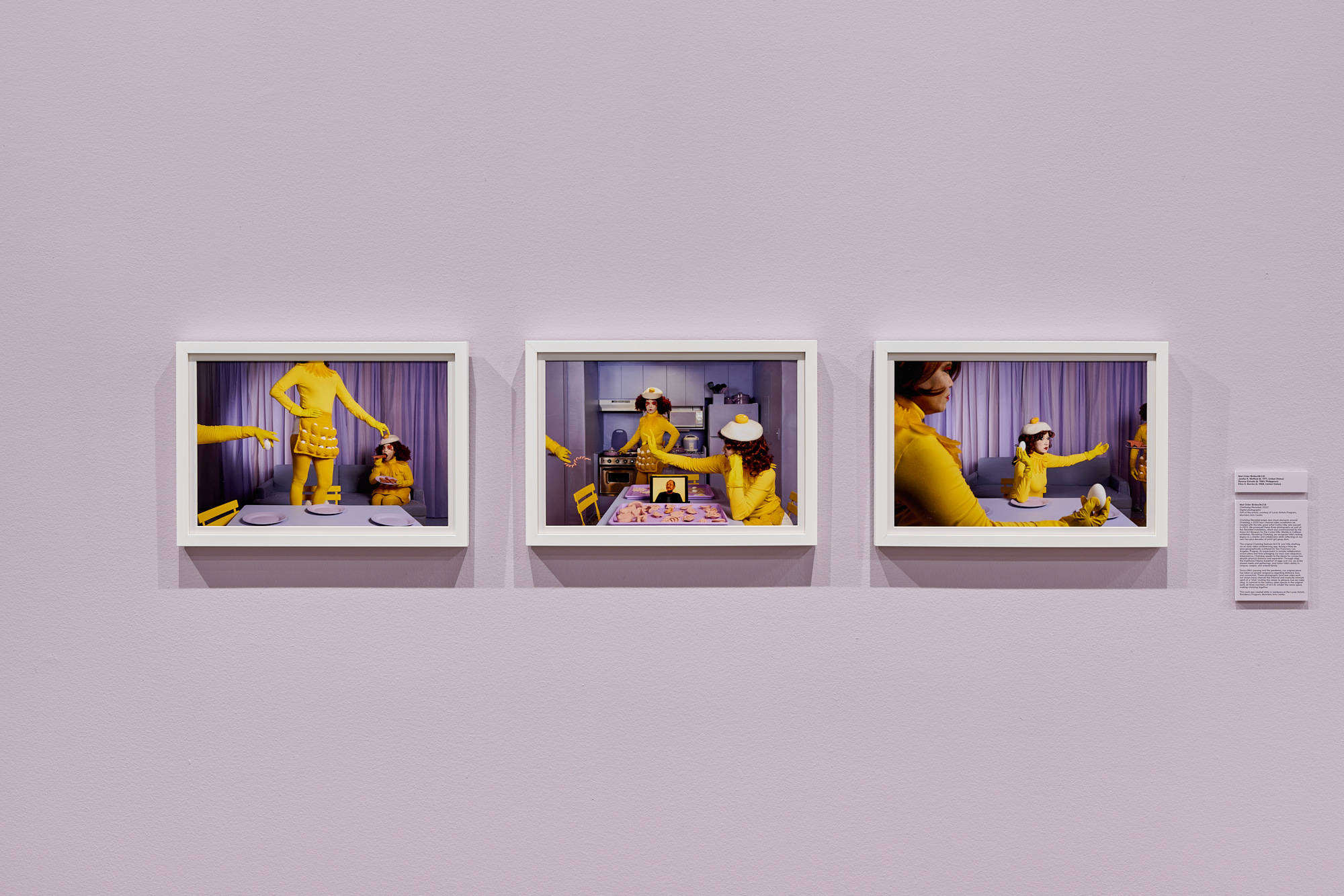
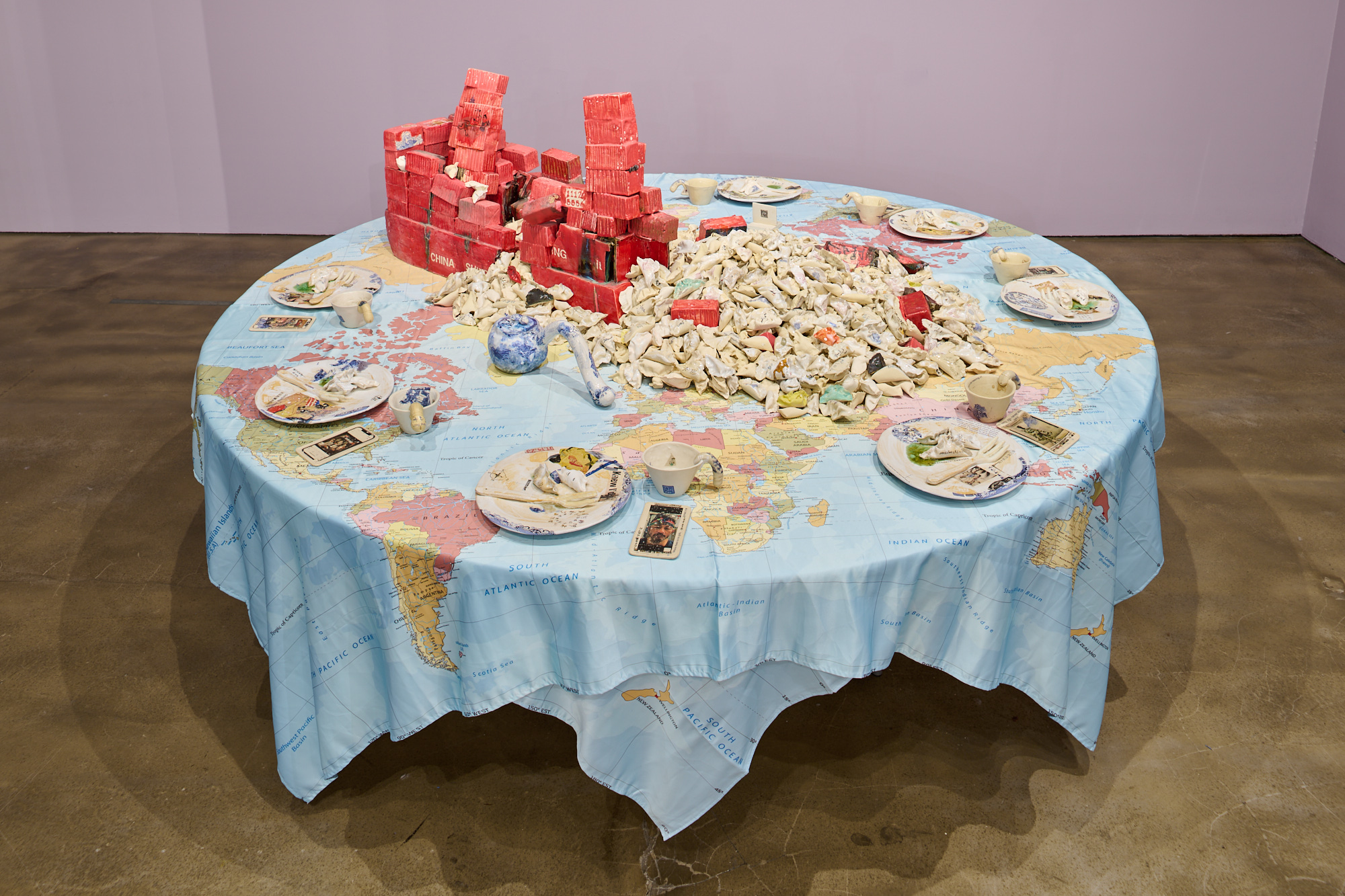
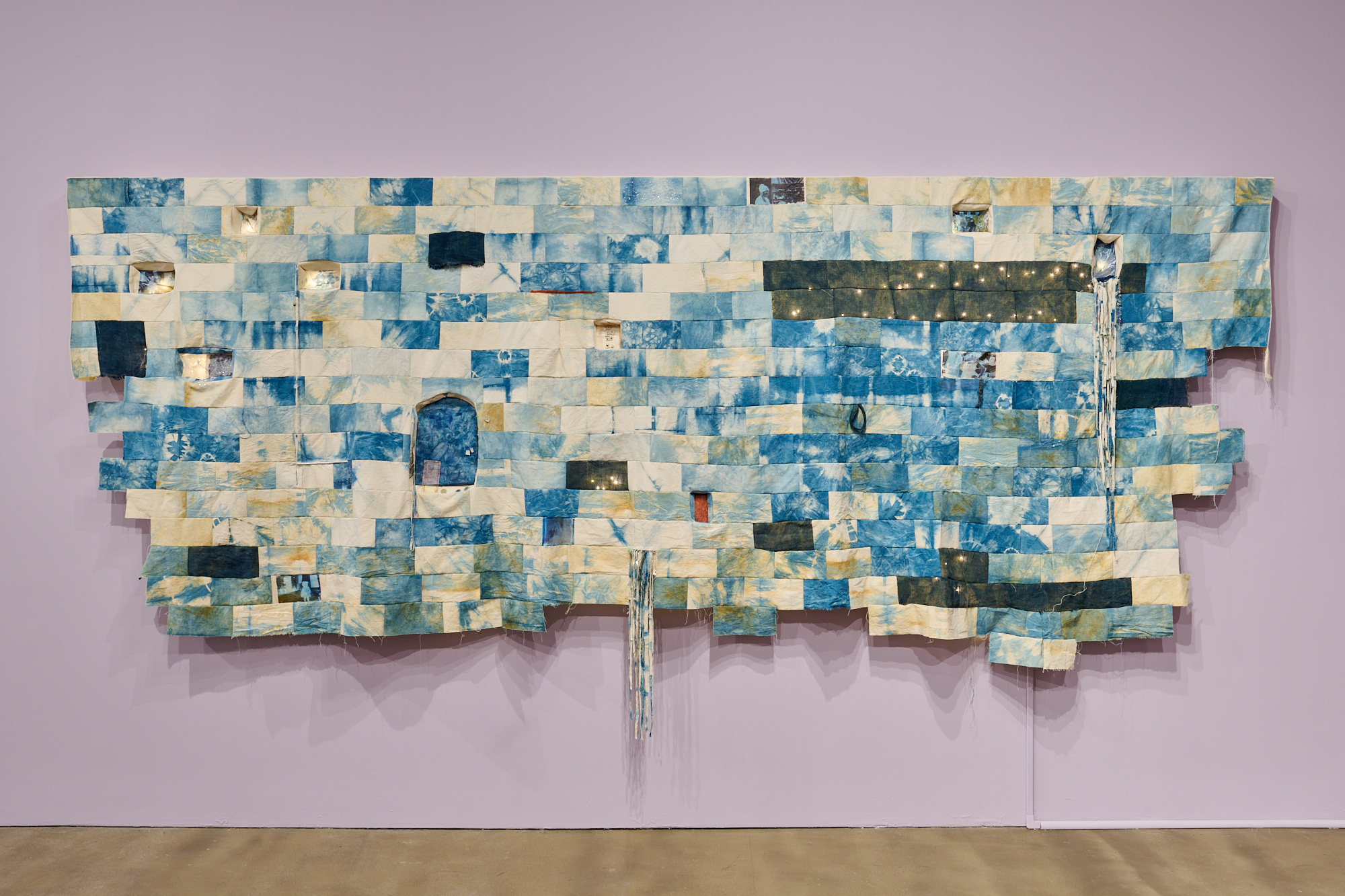
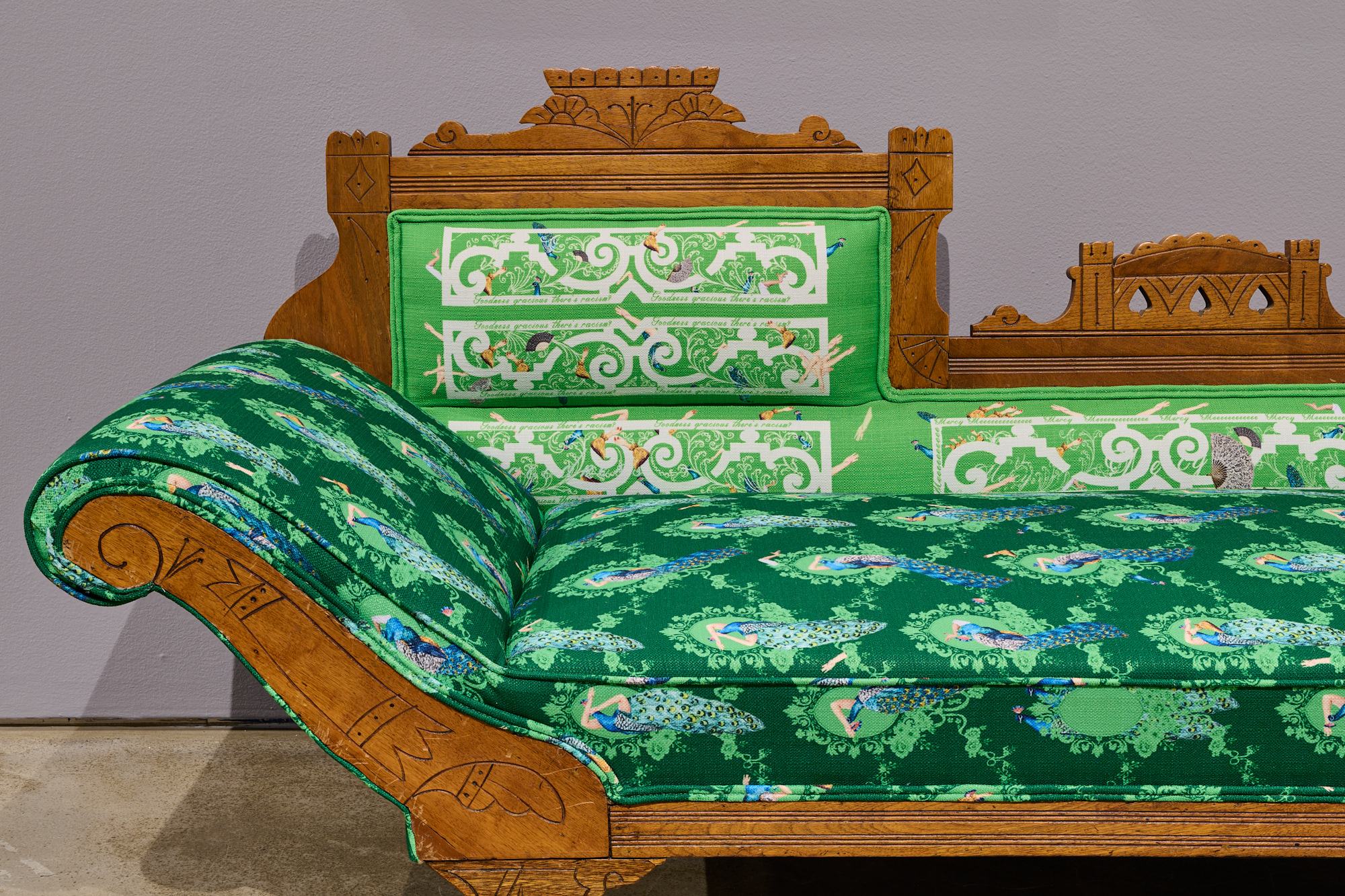
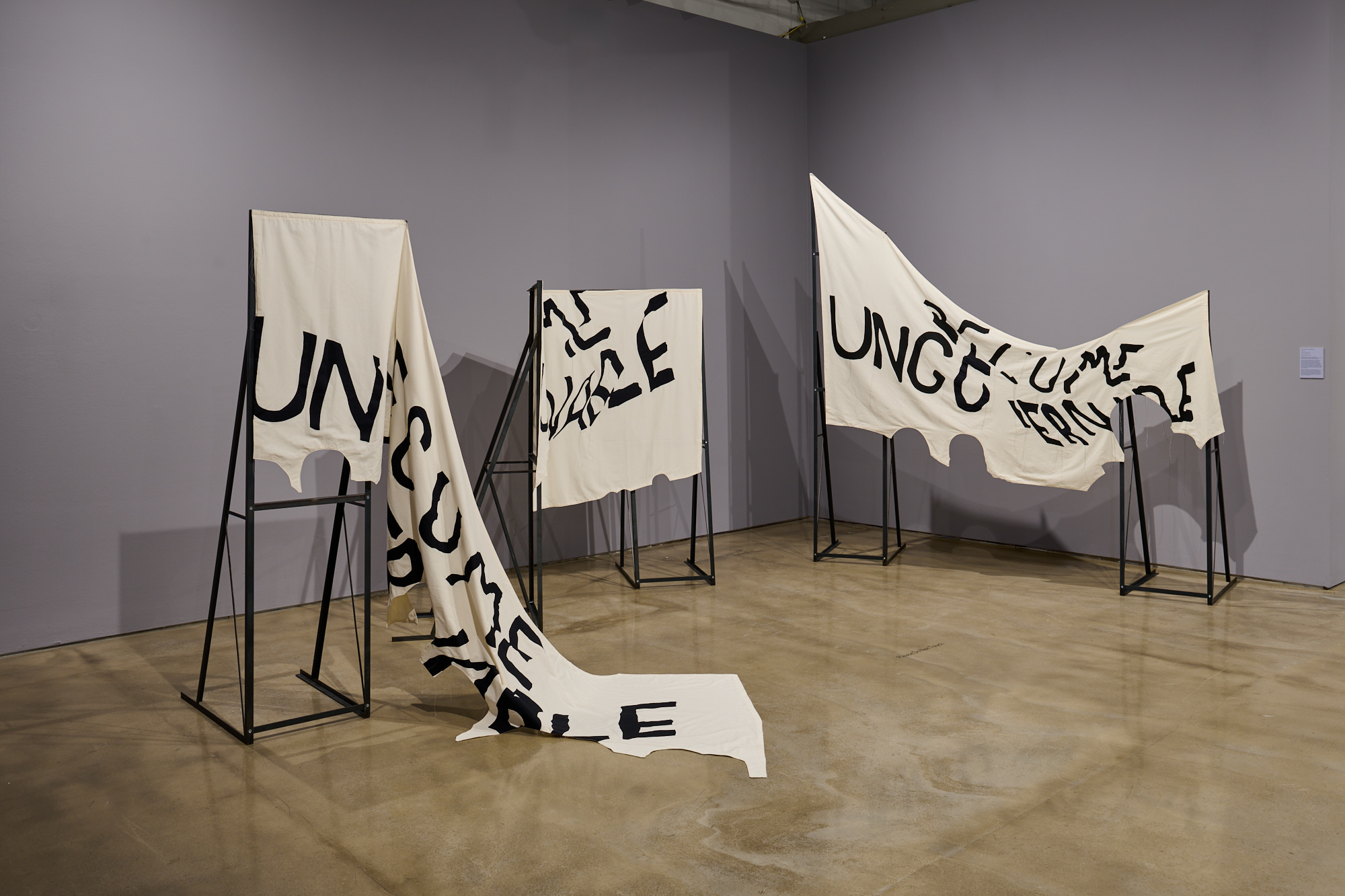
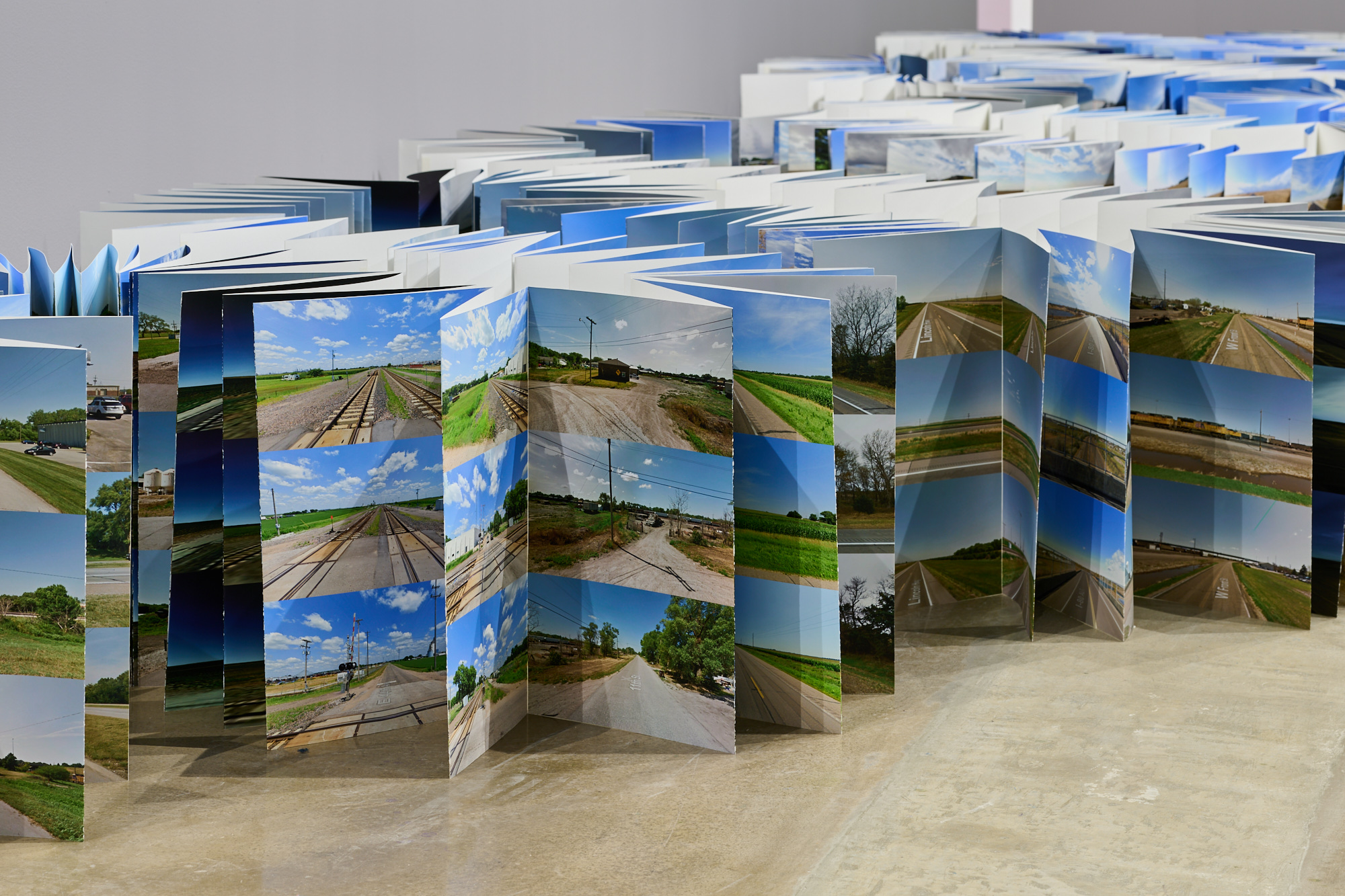
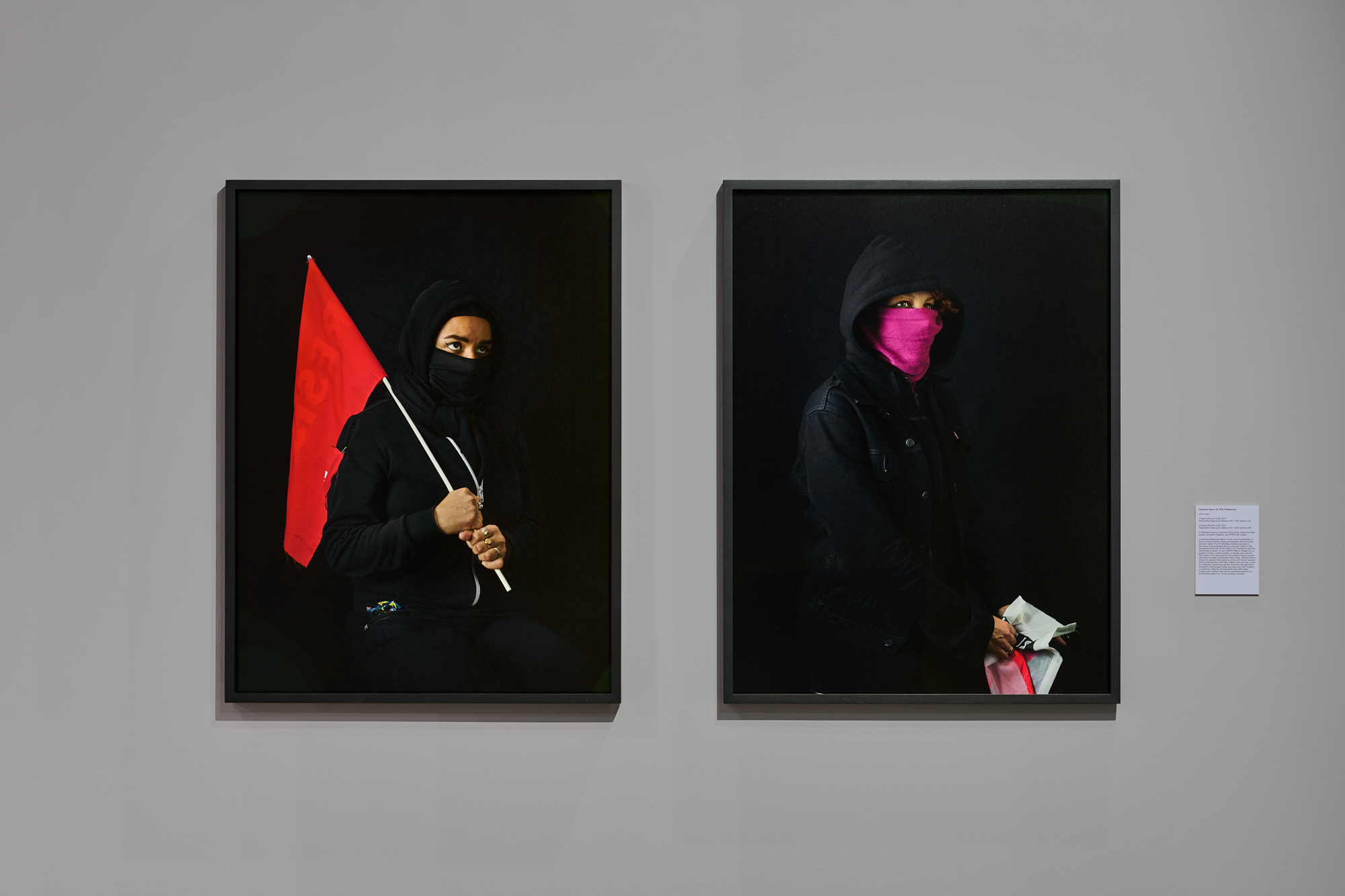
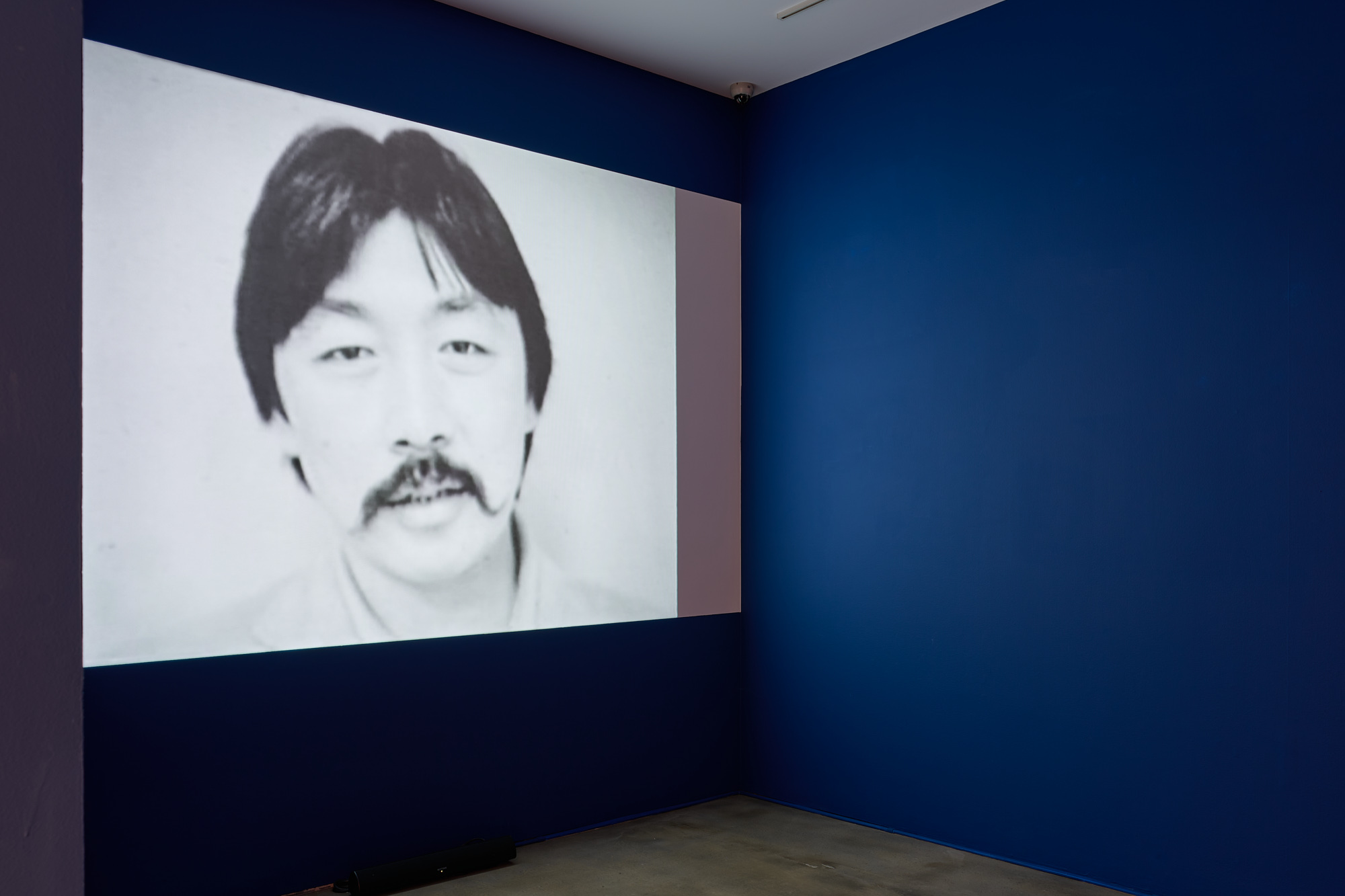
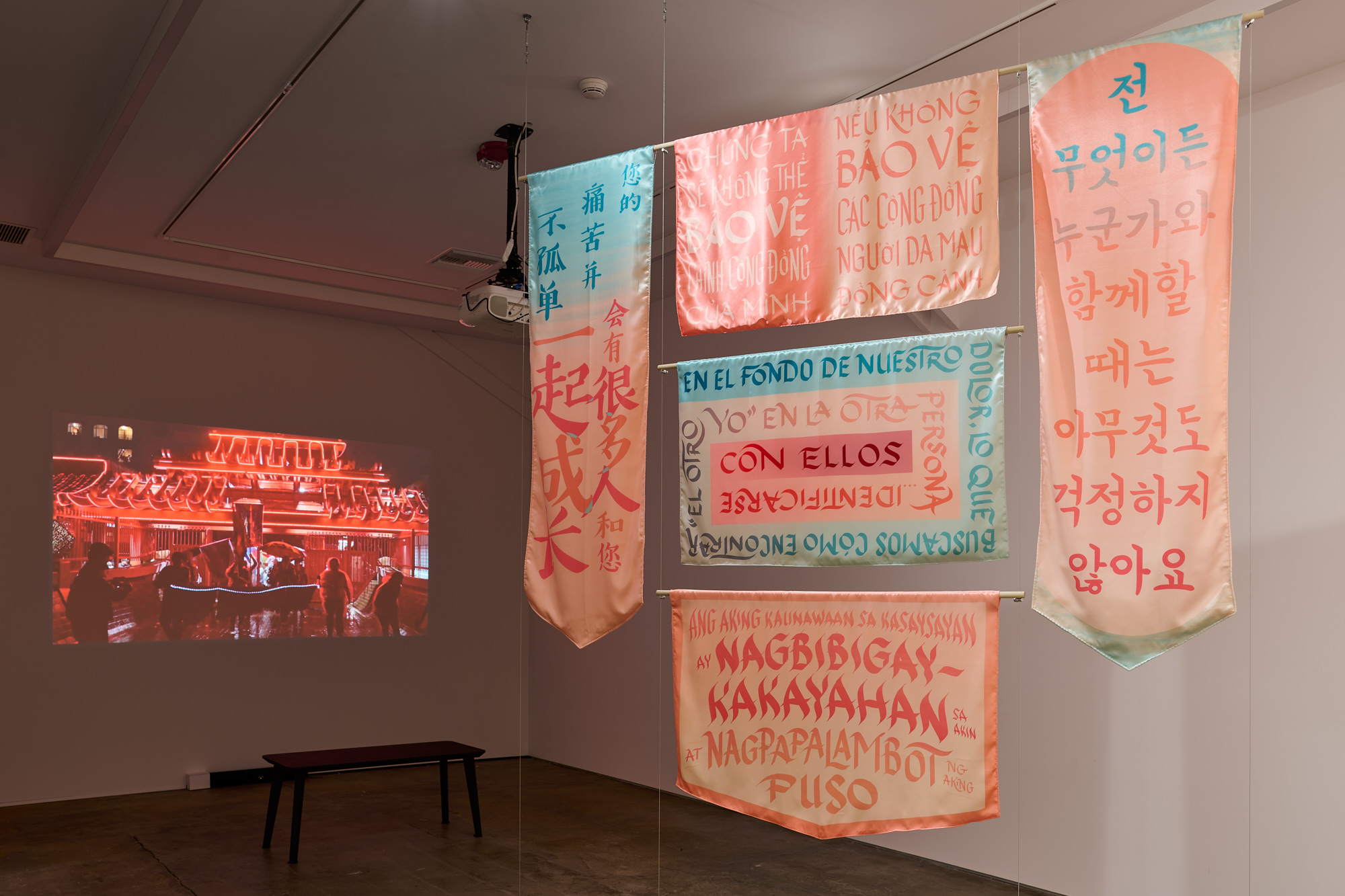
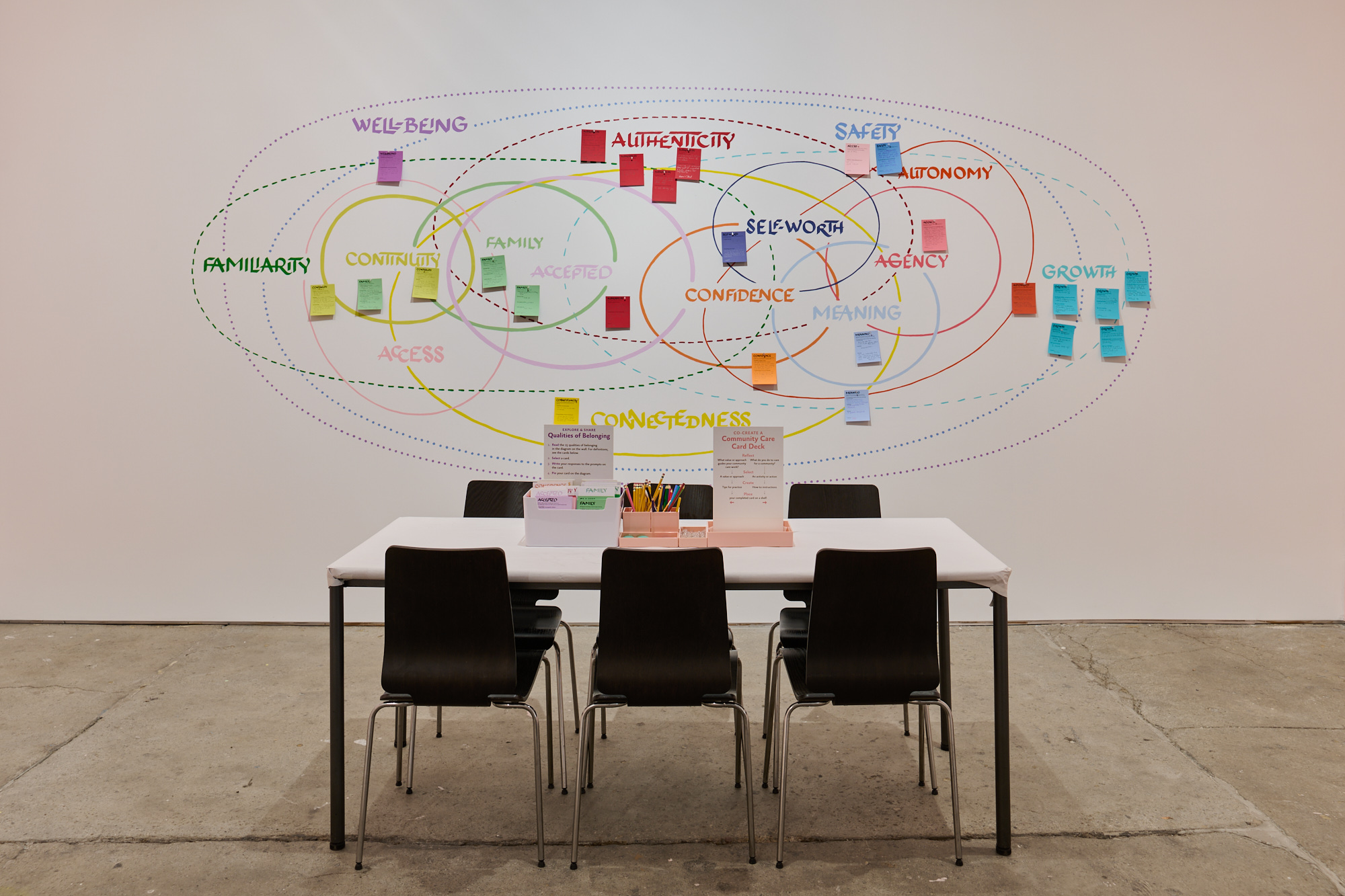
P L A C E : Reckonings by Asian American Artists, 2024, installation views, courtesy ICA San José and Montalvo Arts Center. Photos: Glen Cheriton.
Sponsors
P L A C E: Reckonings by Asian American Artists at the ICA San José is made possible thanks to lead sponsorship from John Green and Martin Fox and Montalvo Art Center, along with support from Brook Hartzell and Tad Freese, Pamela and David Hornik, Wanda Kownacki, and Deborah Shiba and Gordon Yamate. Programs and exhibitions at the ICA San Jose are made possible thanks to generous support from the City of San Jose’s Office of Cultural Affairs; along with significant support from Applied Materials, the John S. and James L. Knight Foundation, Lipman Family Foundation, Yvonne and Mike Nevens, David and Lucile Packard Foundation, and SVCreates. The Lucas Artists Program at Montalvo Arts Center is made possible with the generous support of the George and Judy Marcus Family Foundation, the Jo and Barry Ariko Fund for Artistic Programs, and the Friends of the LAP.
The Lucas Artists Program at Montalvo Arts Center is made possible with the generous support of the George and Judy Marcus Family Foundation, the Jo and Barry Ariko Fund for Artistic Programs, and the Friends of the LAP.
